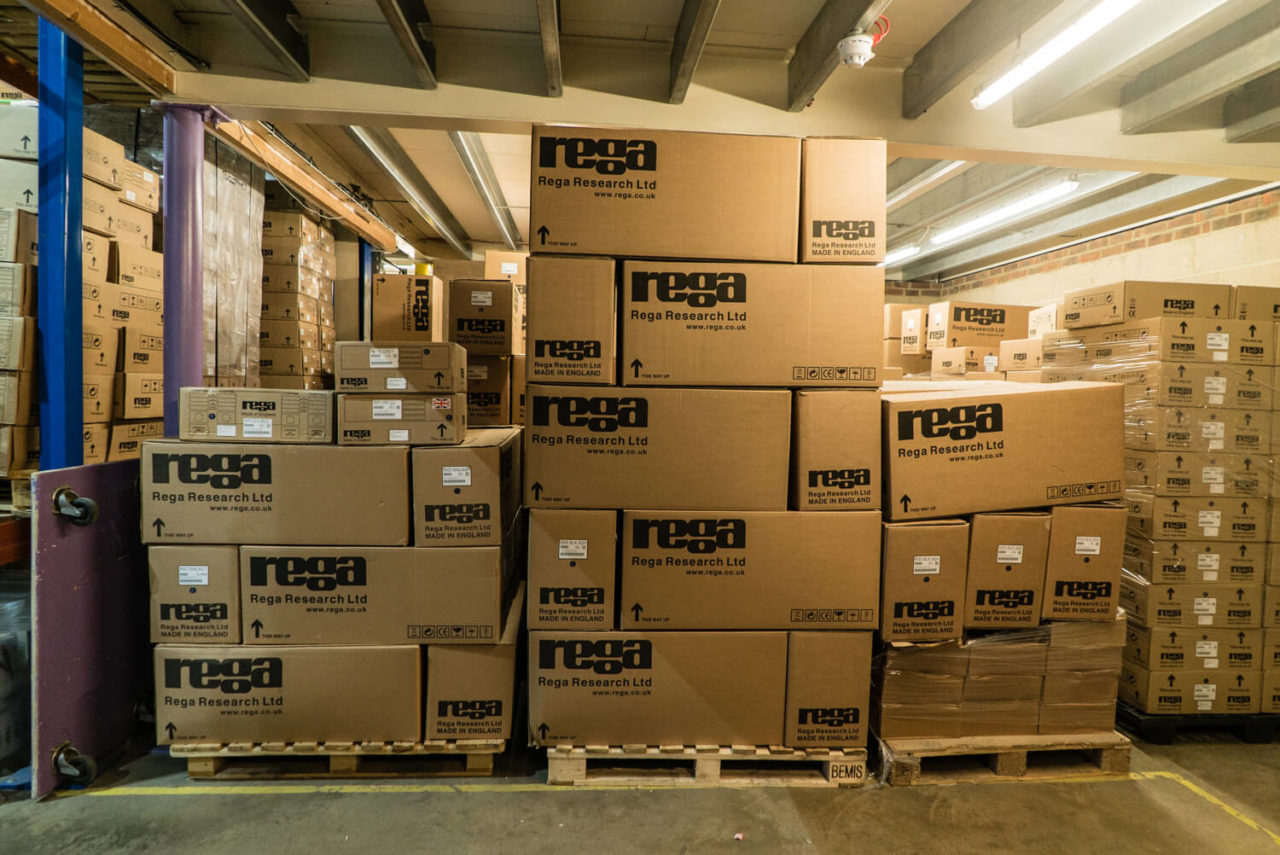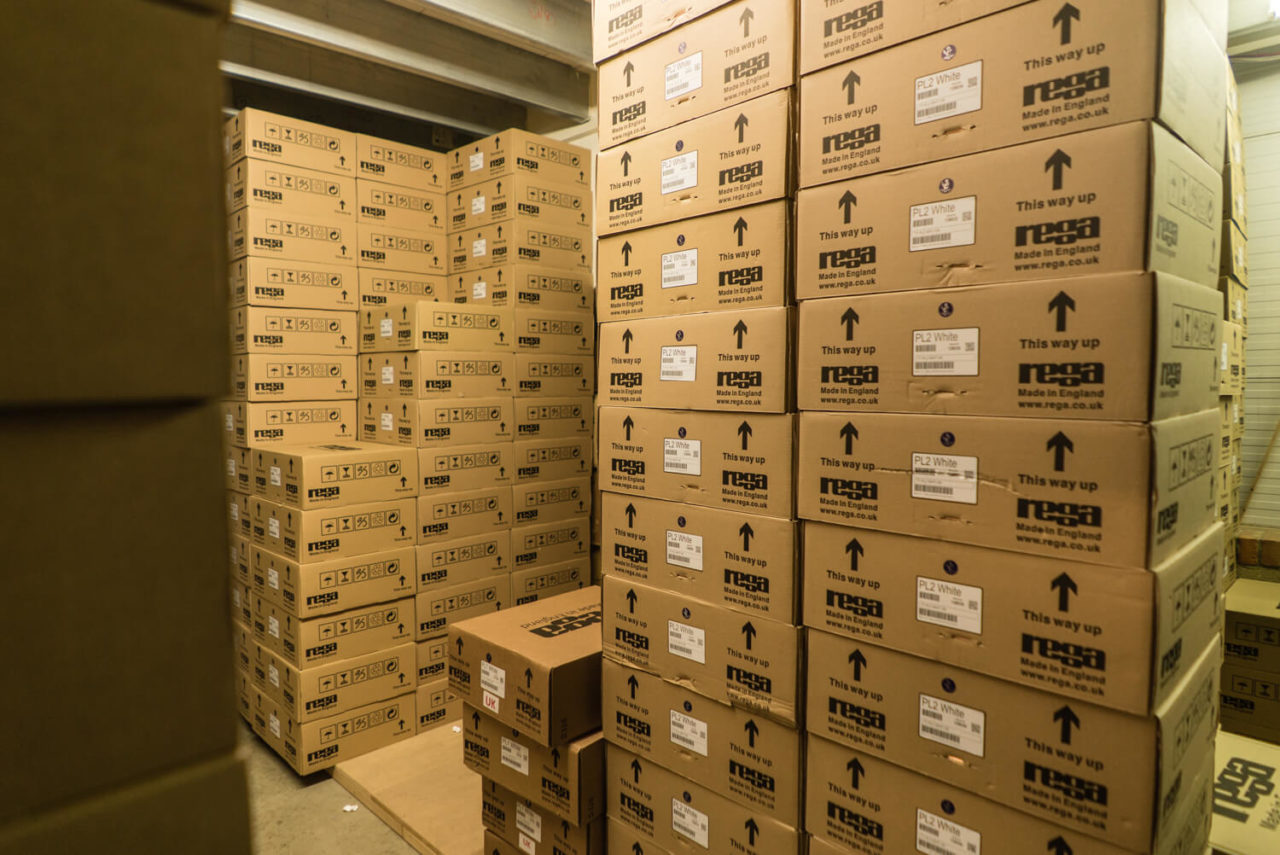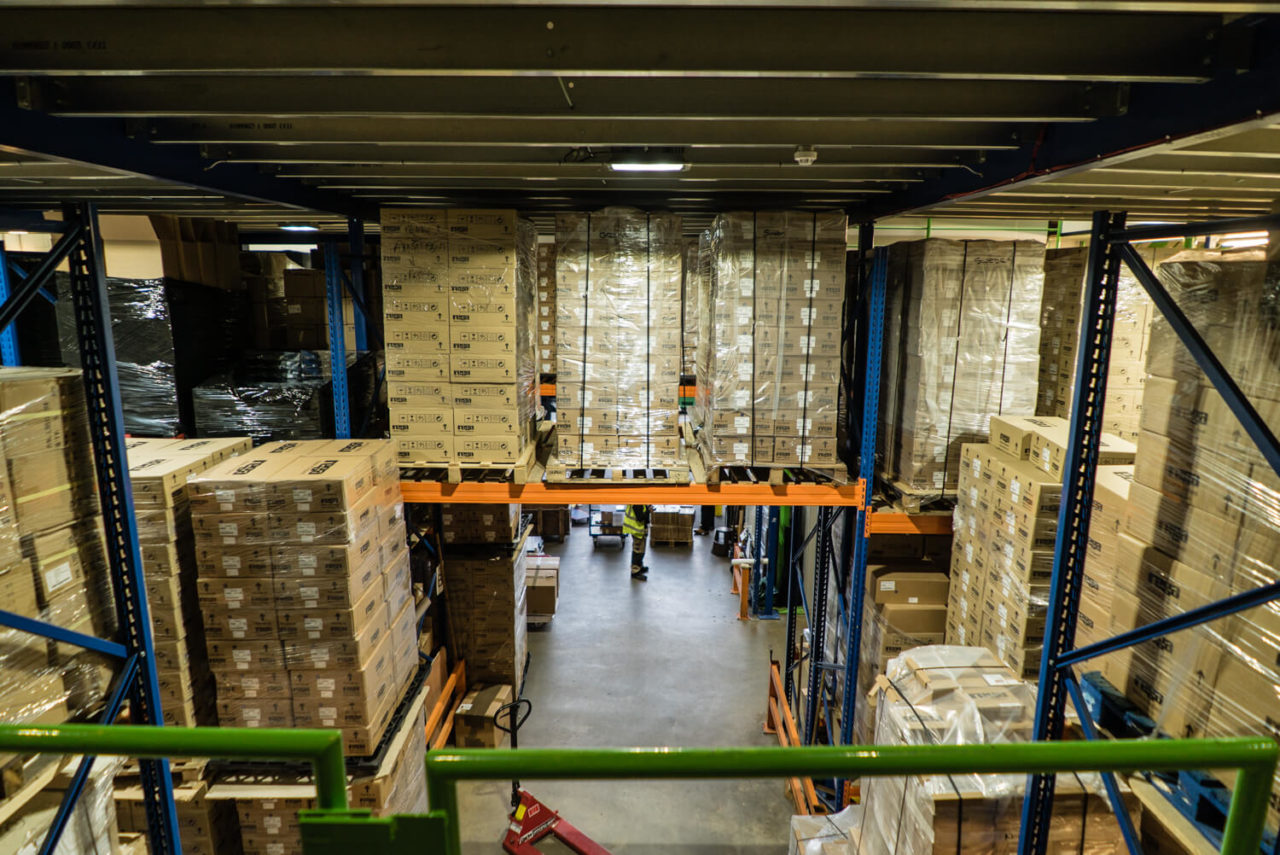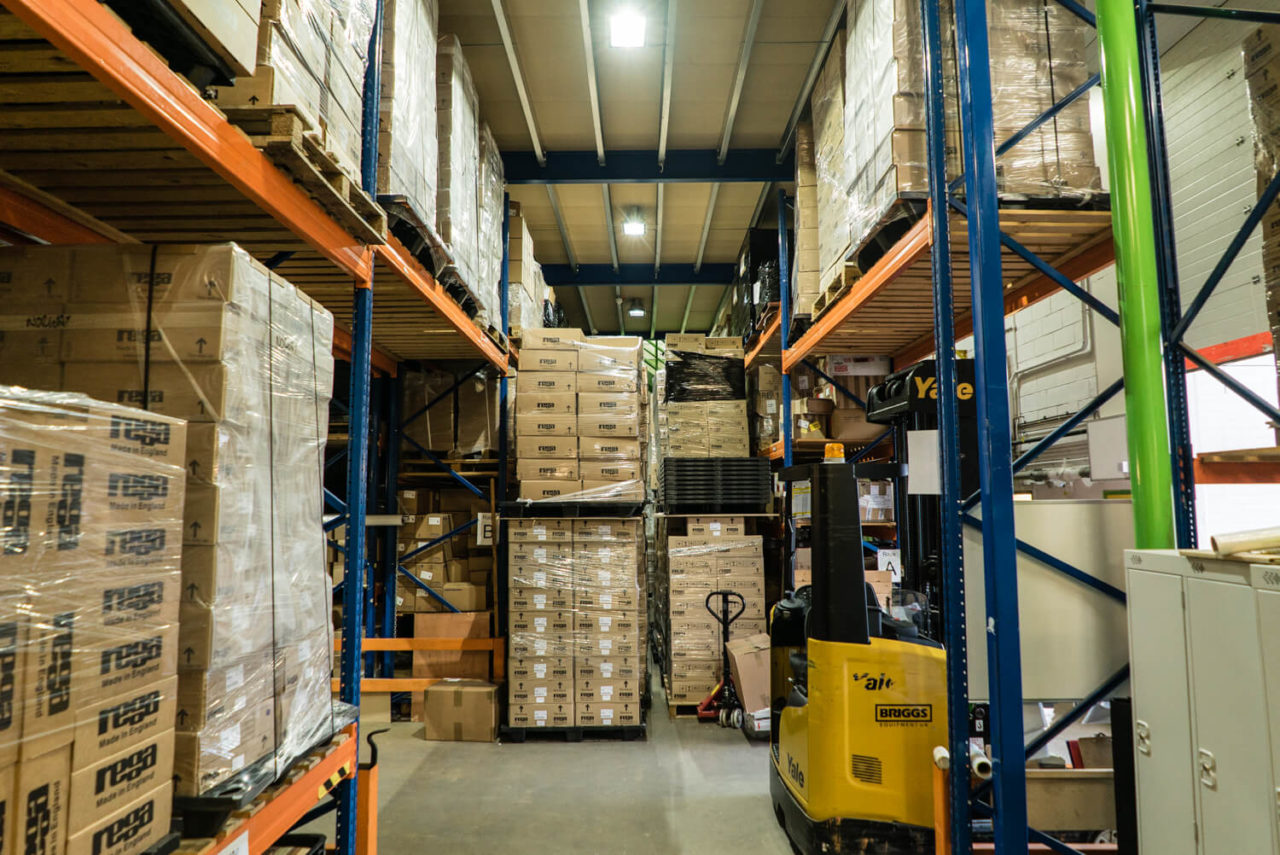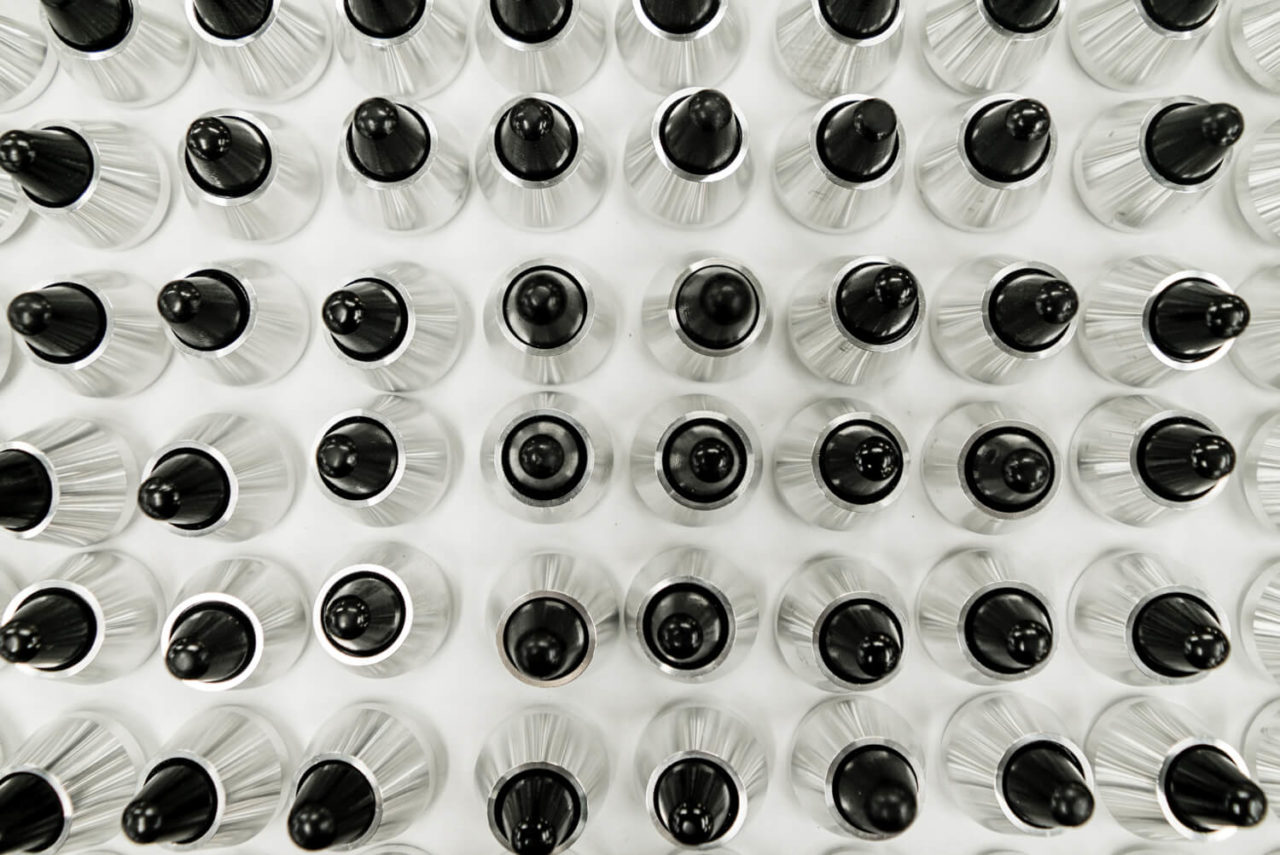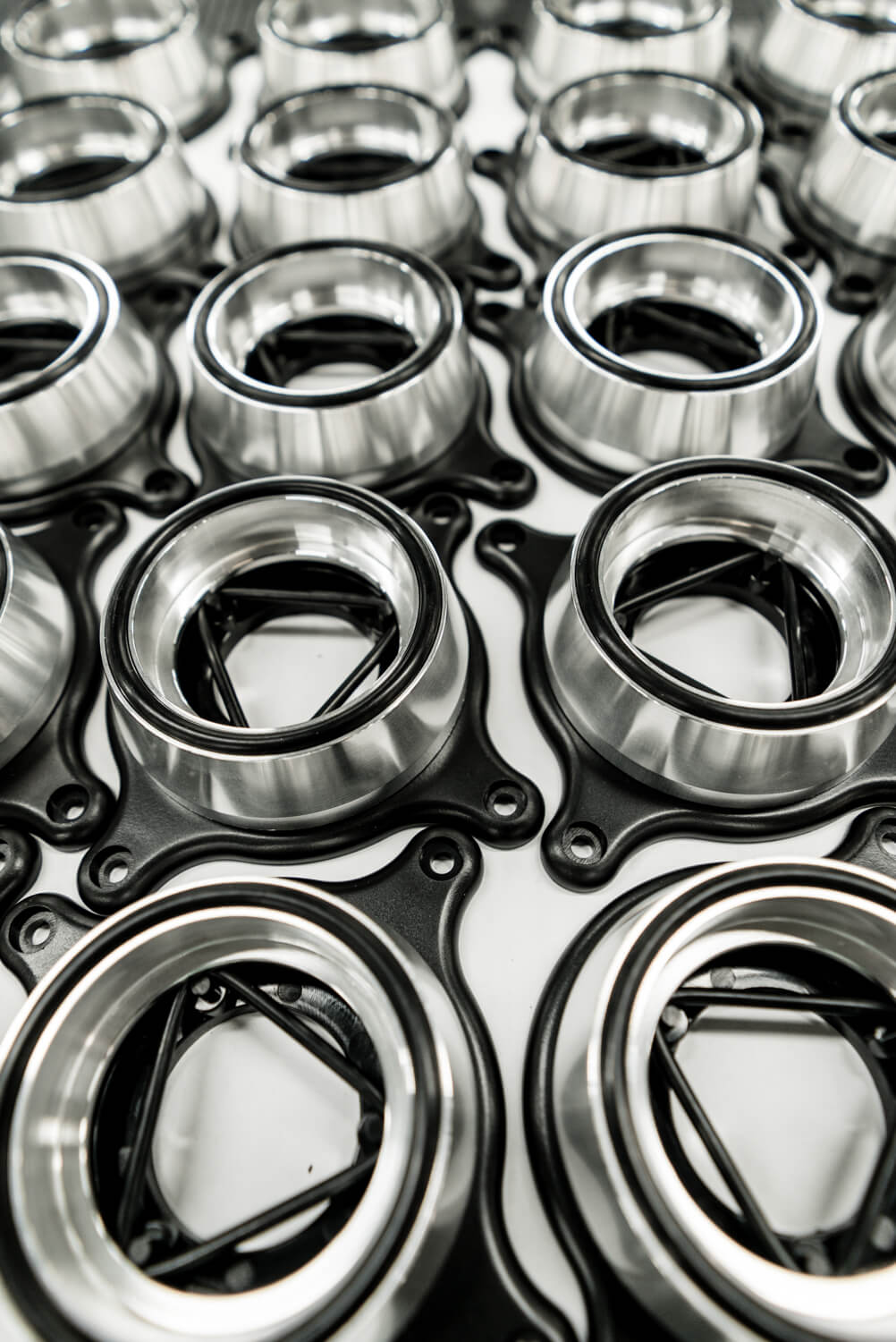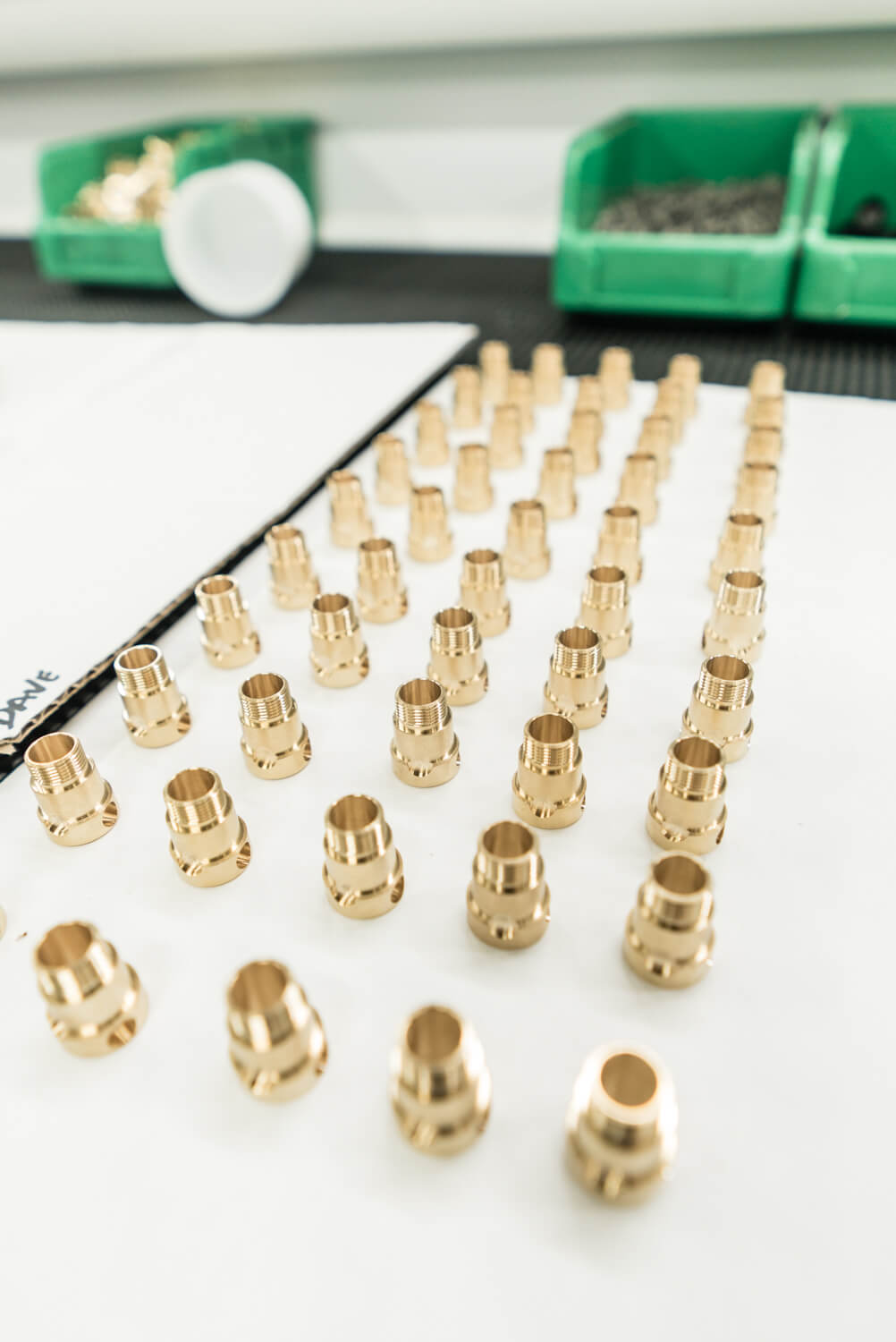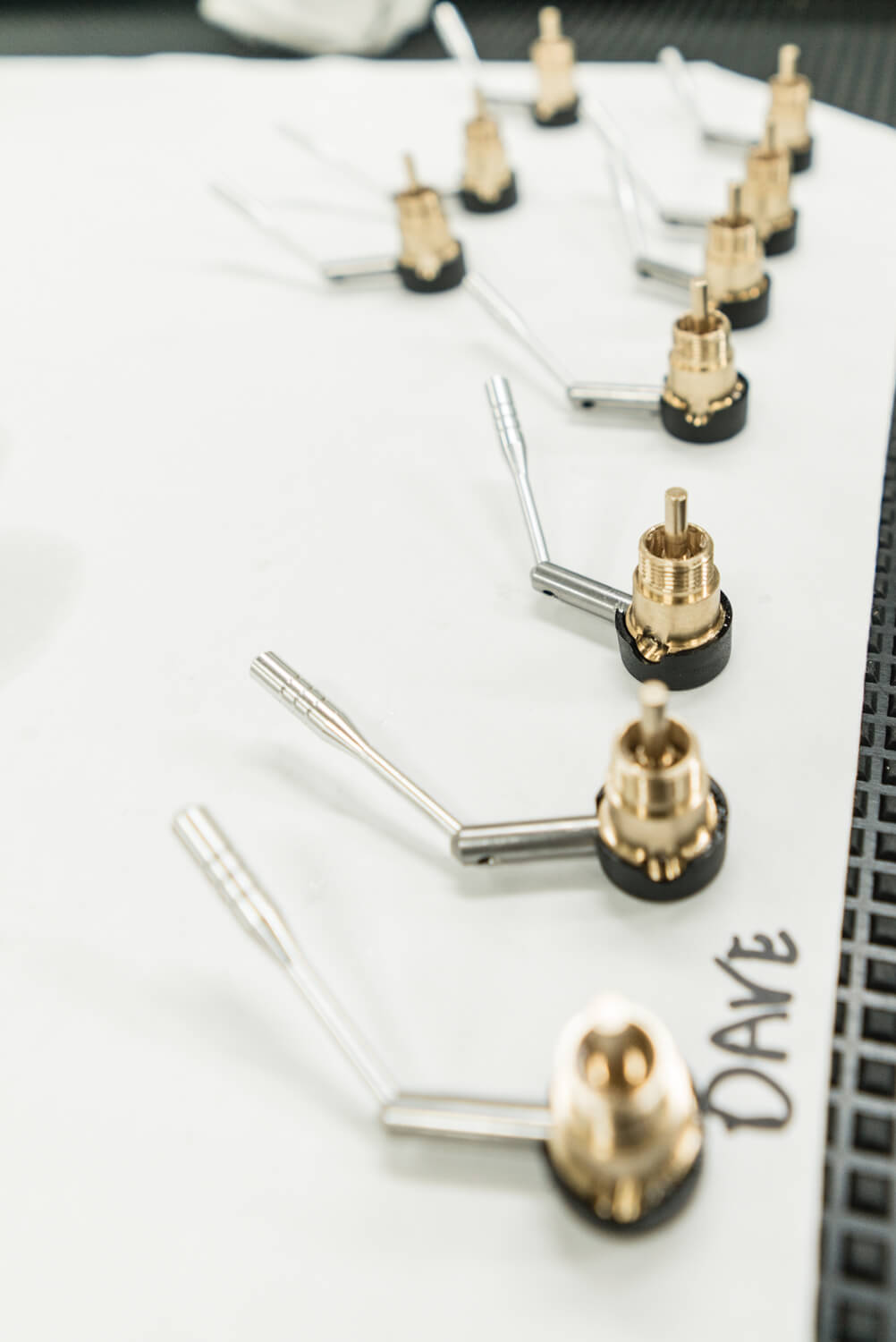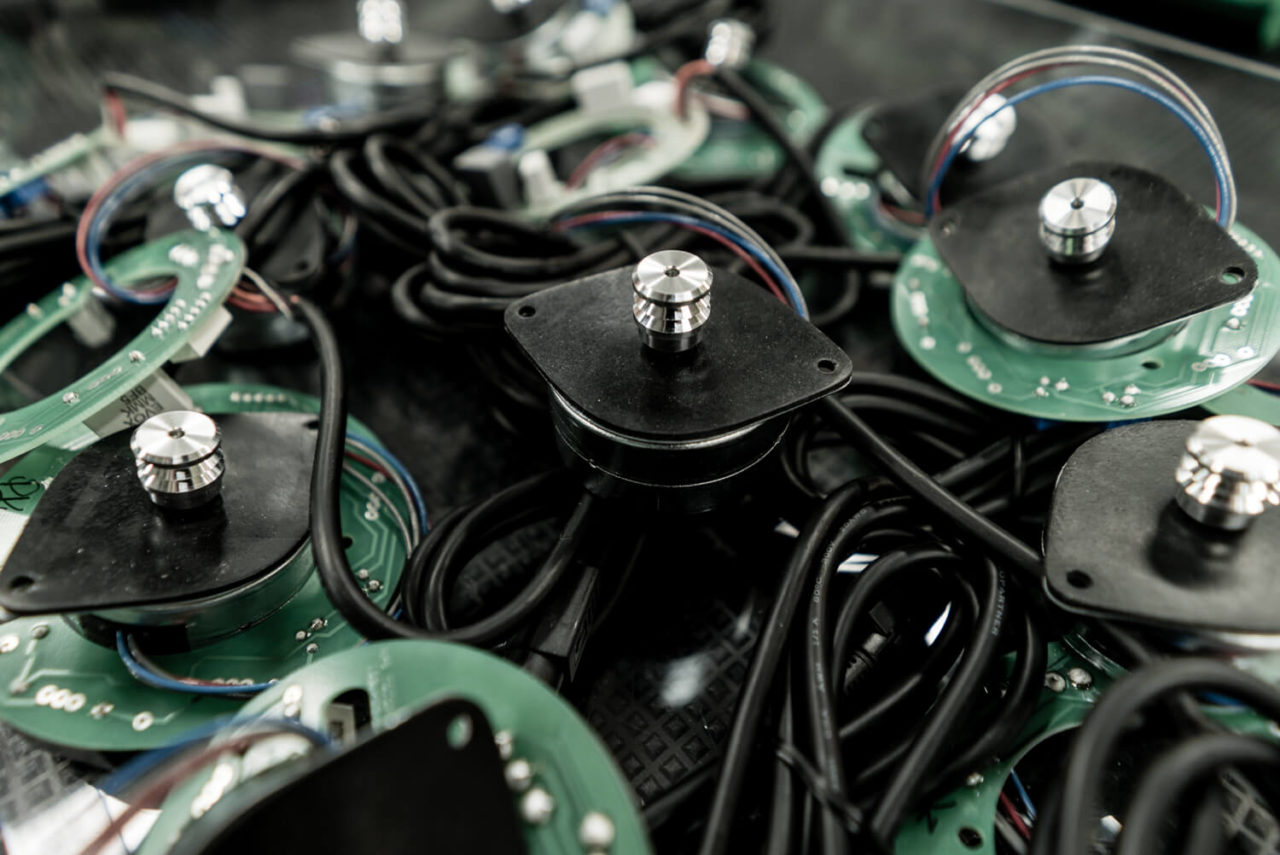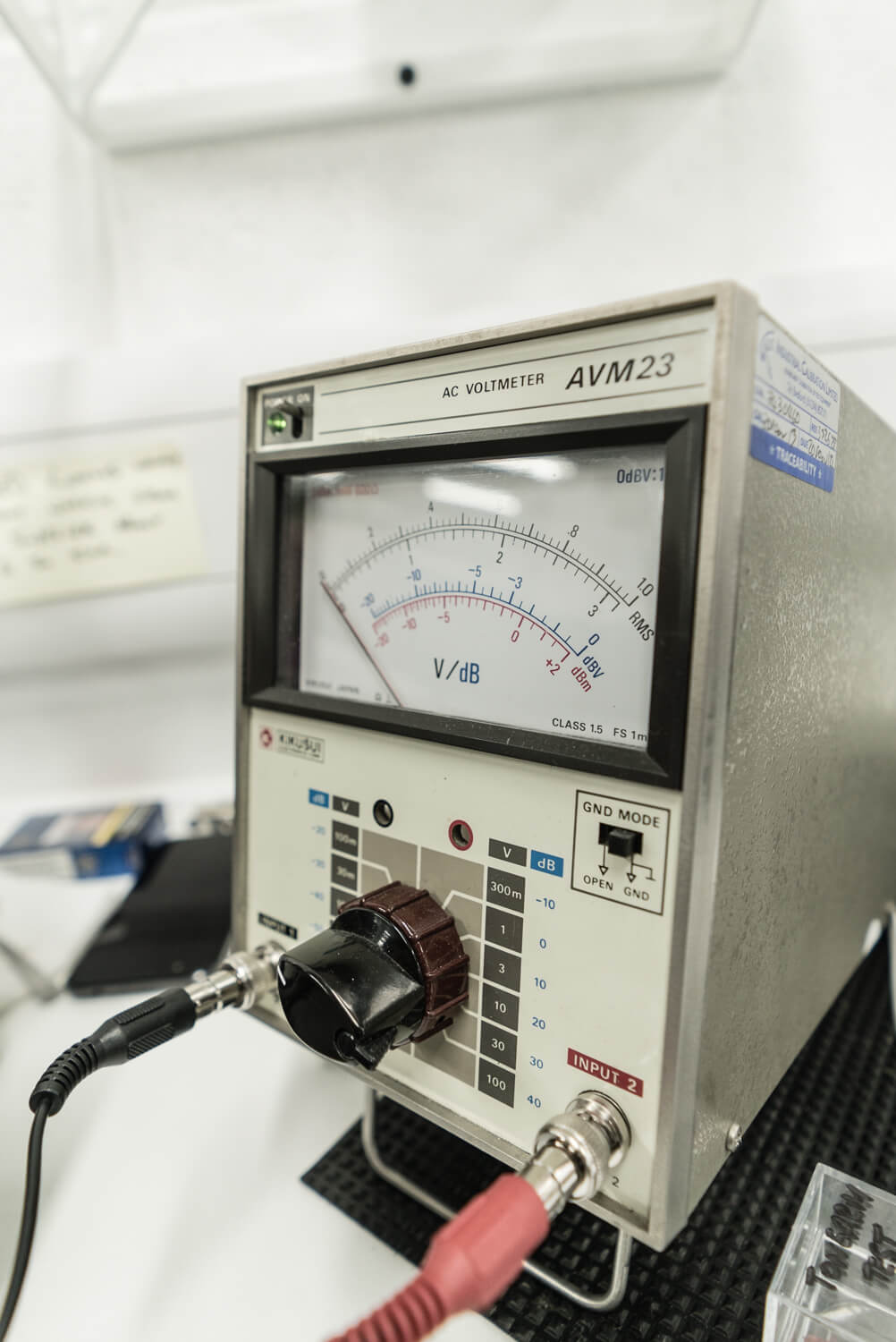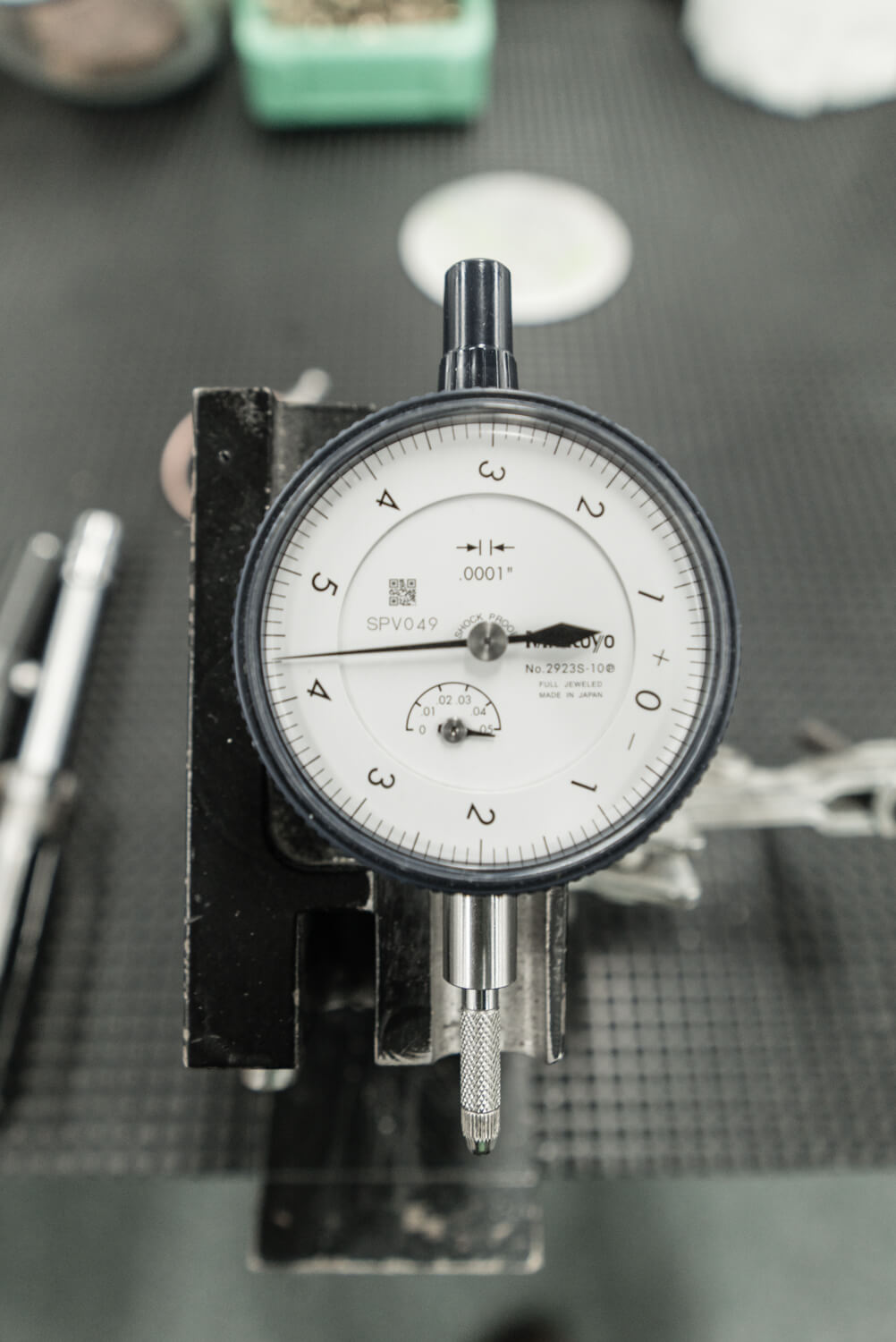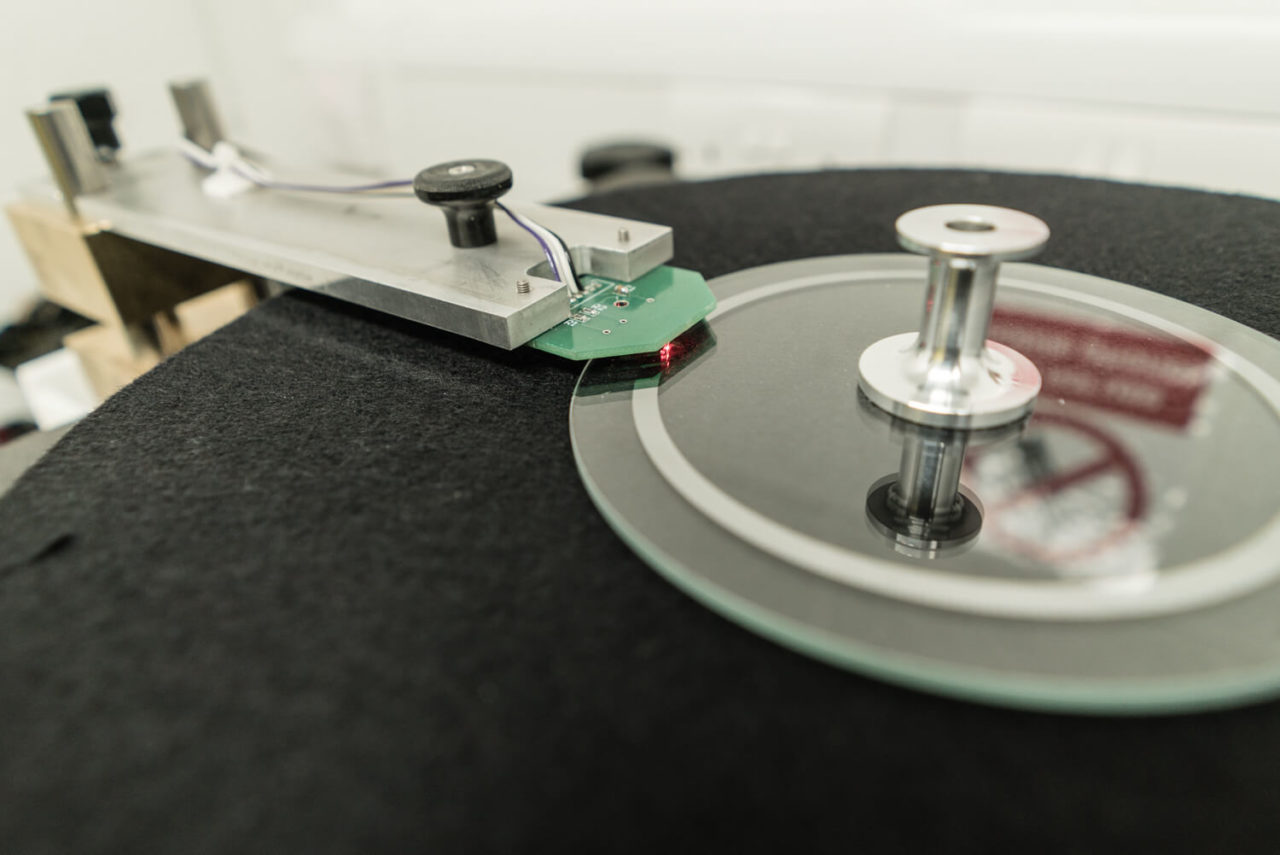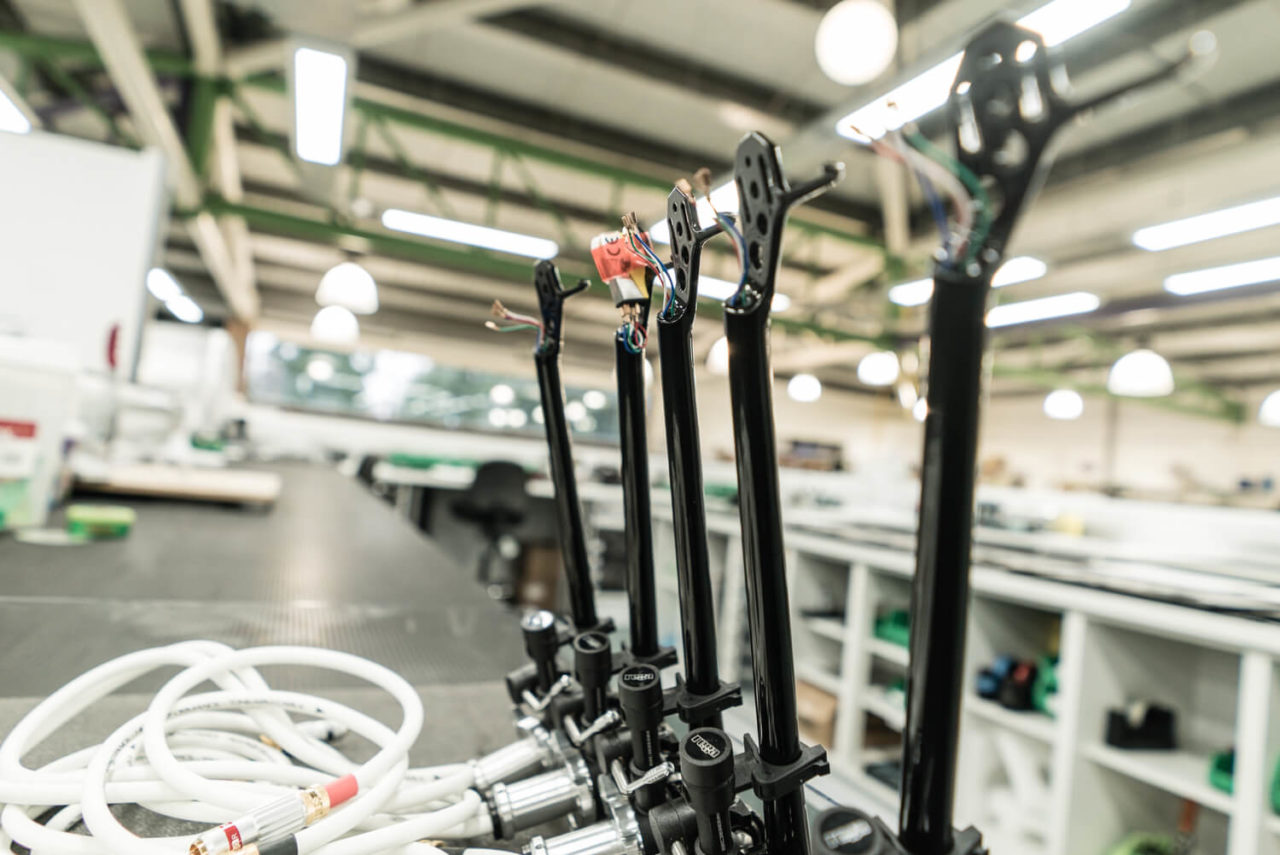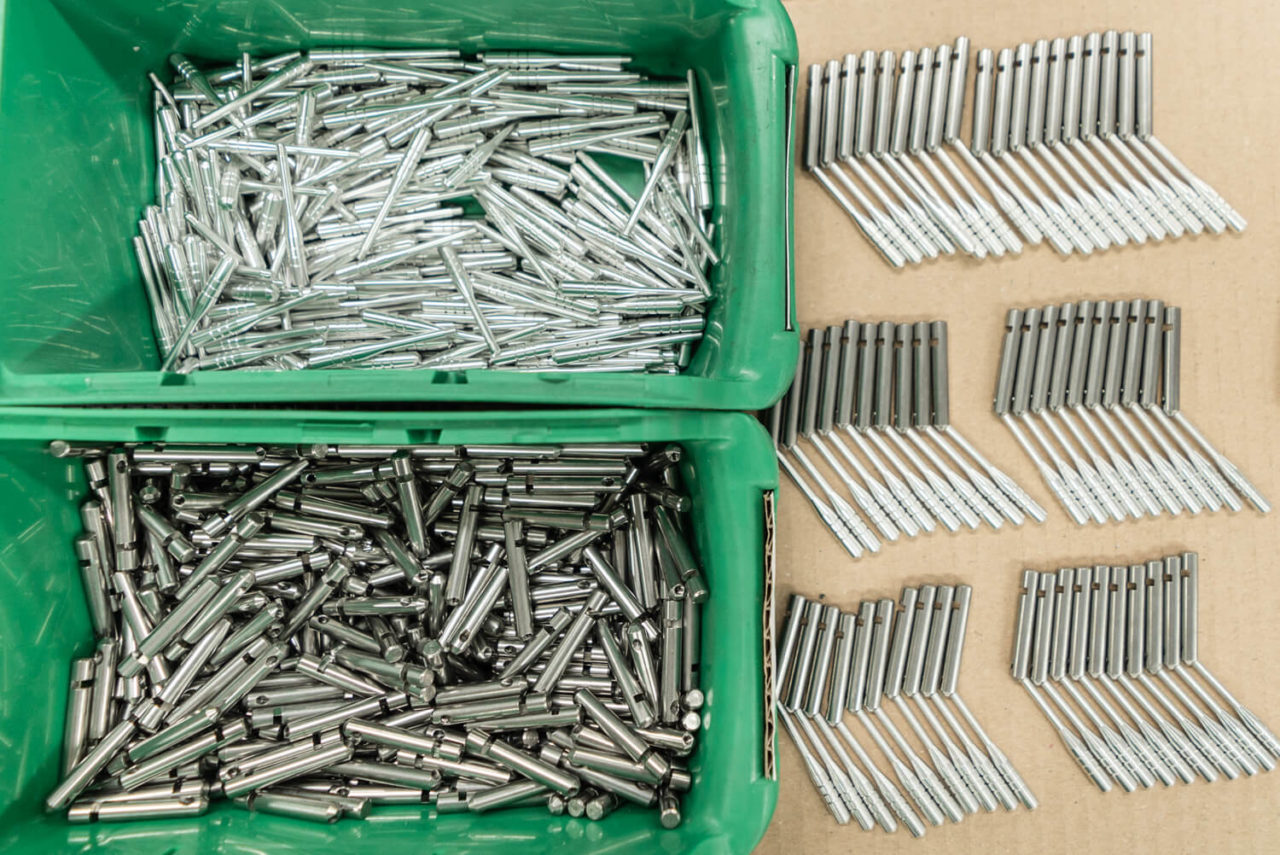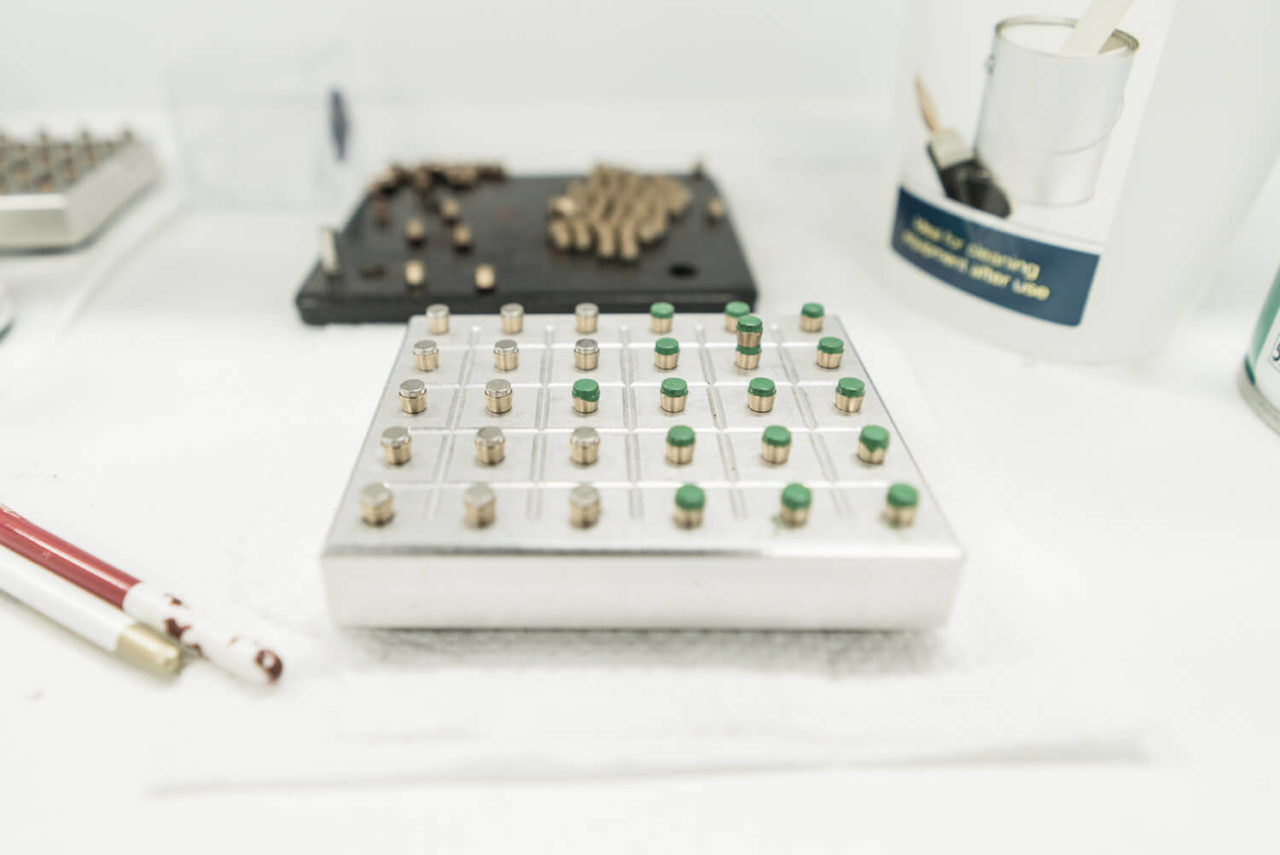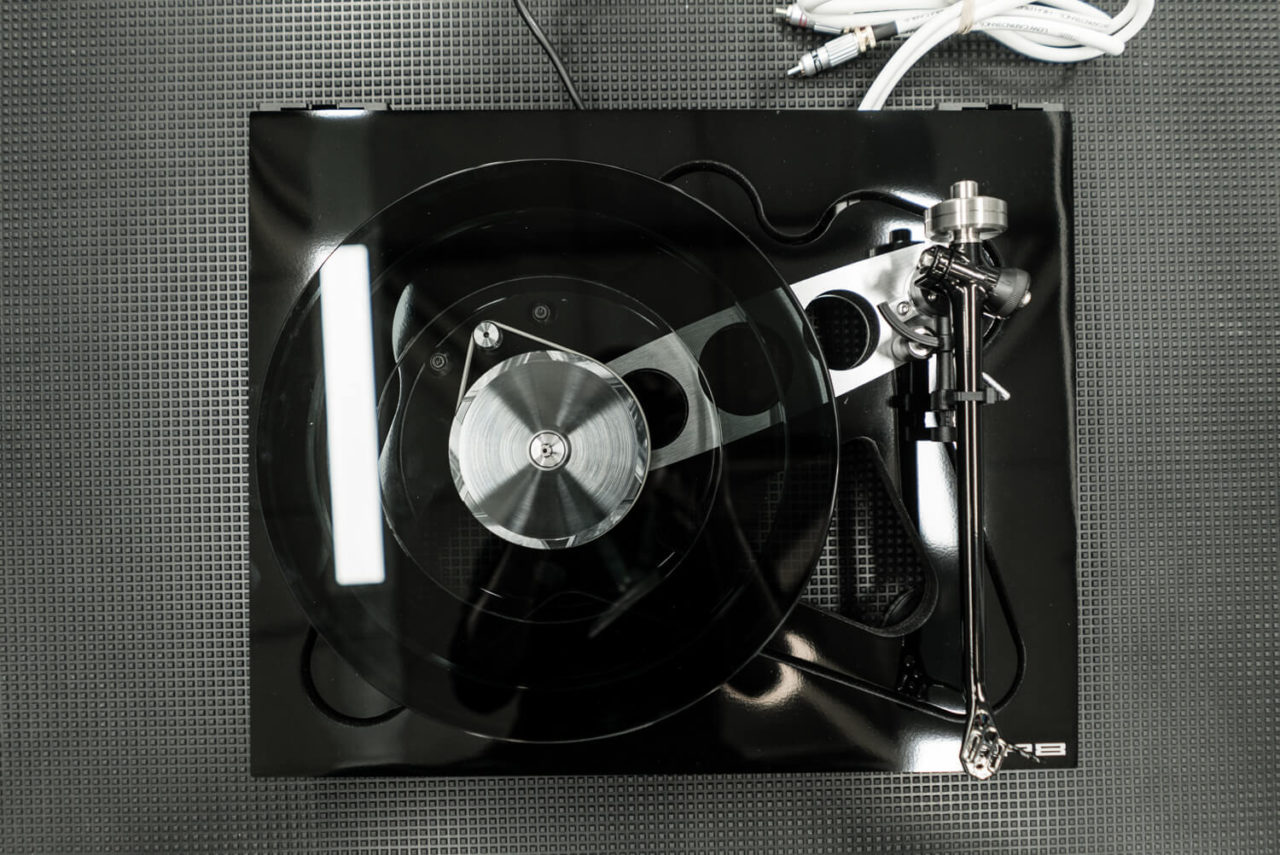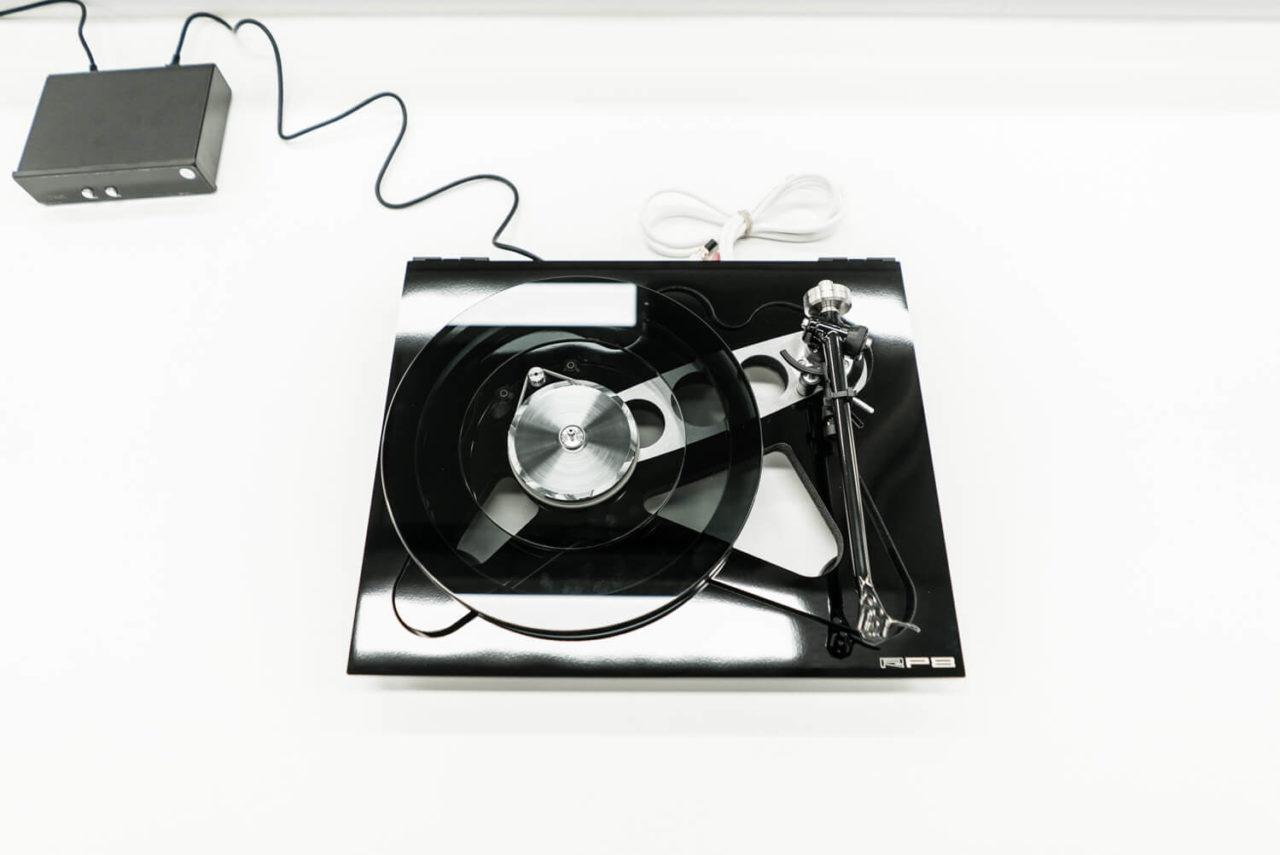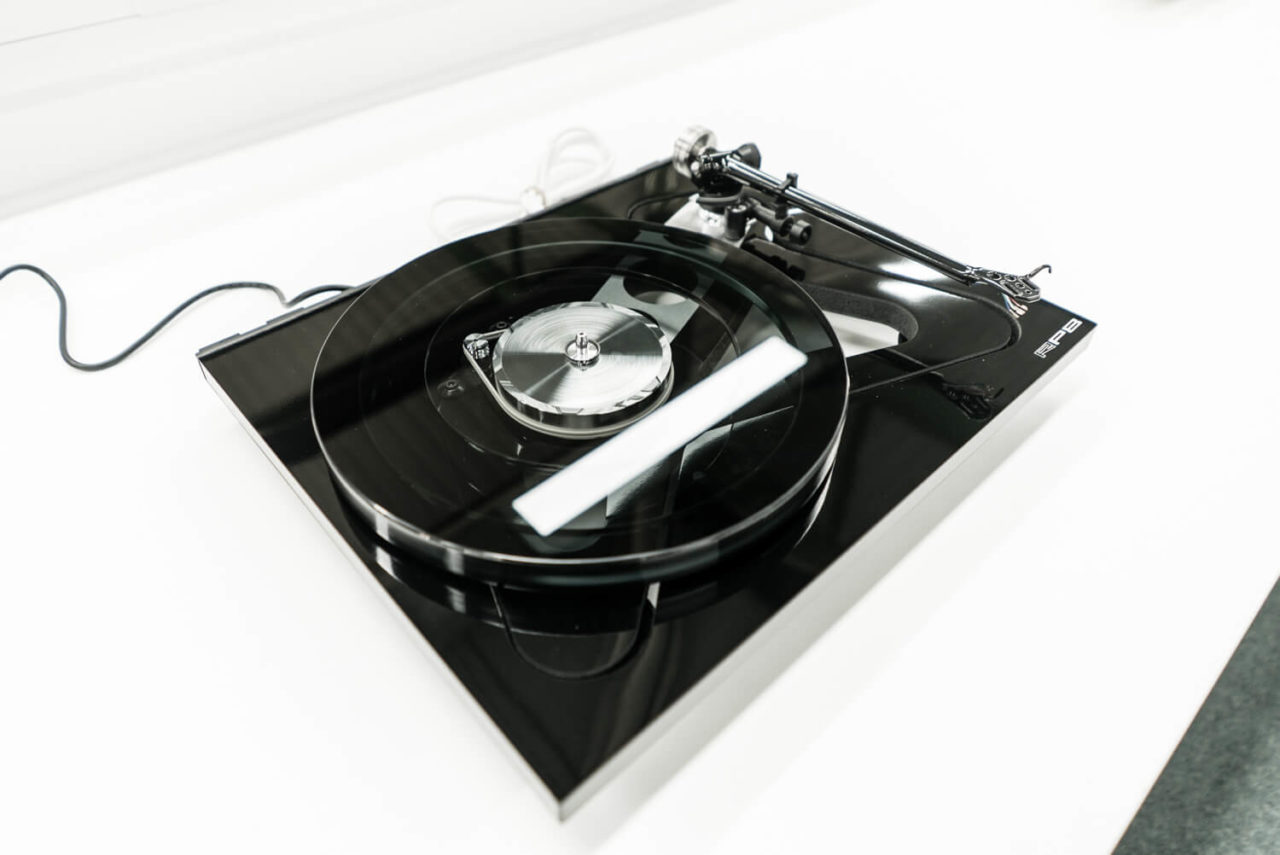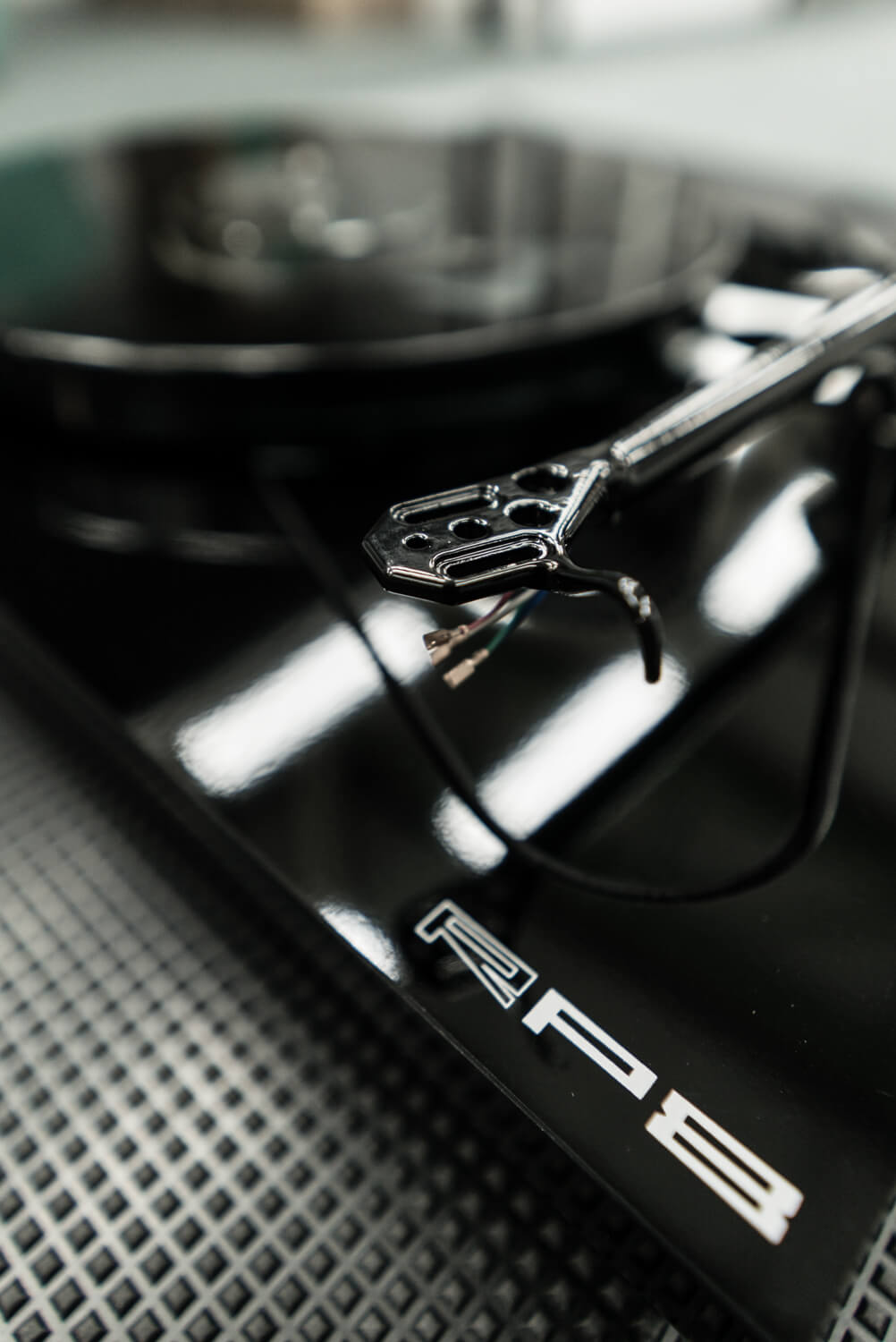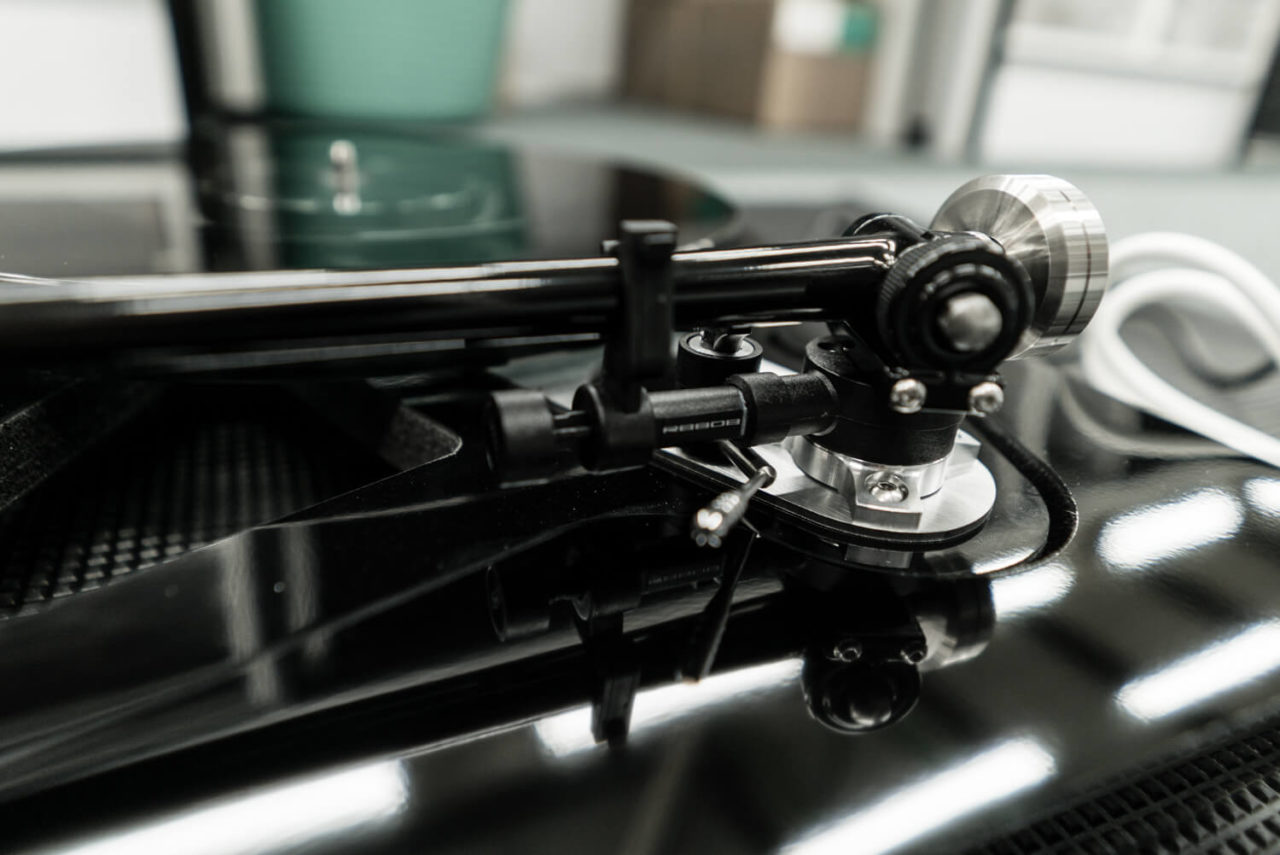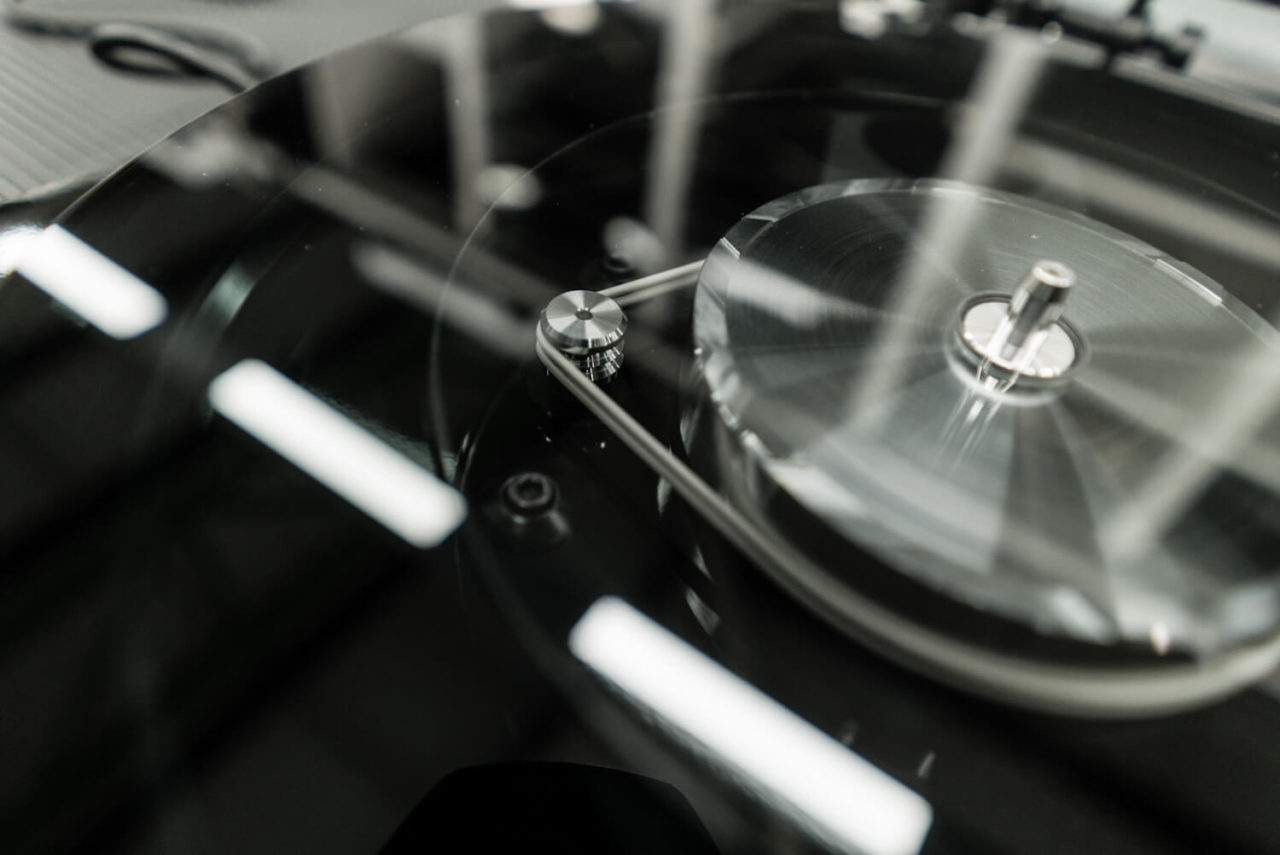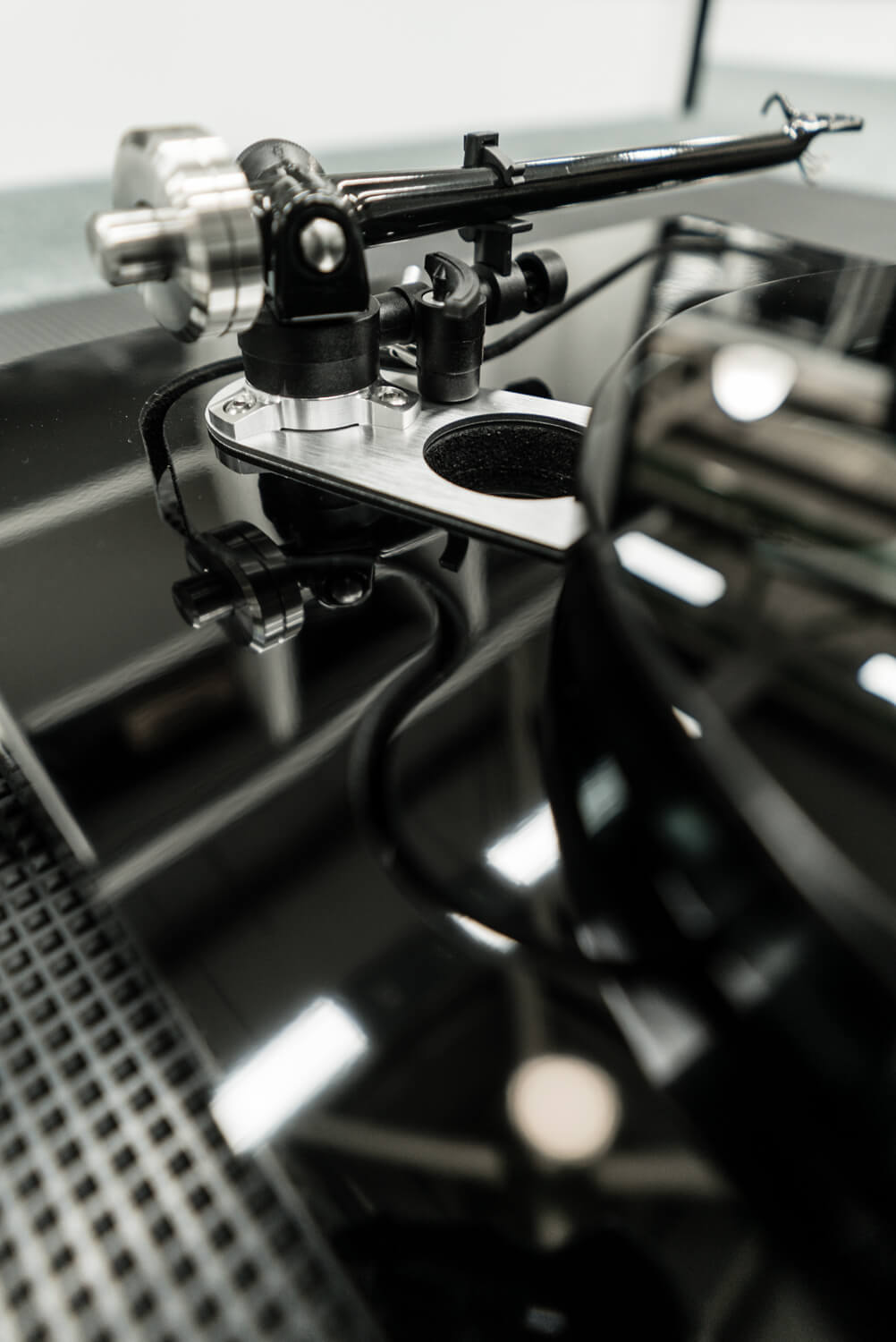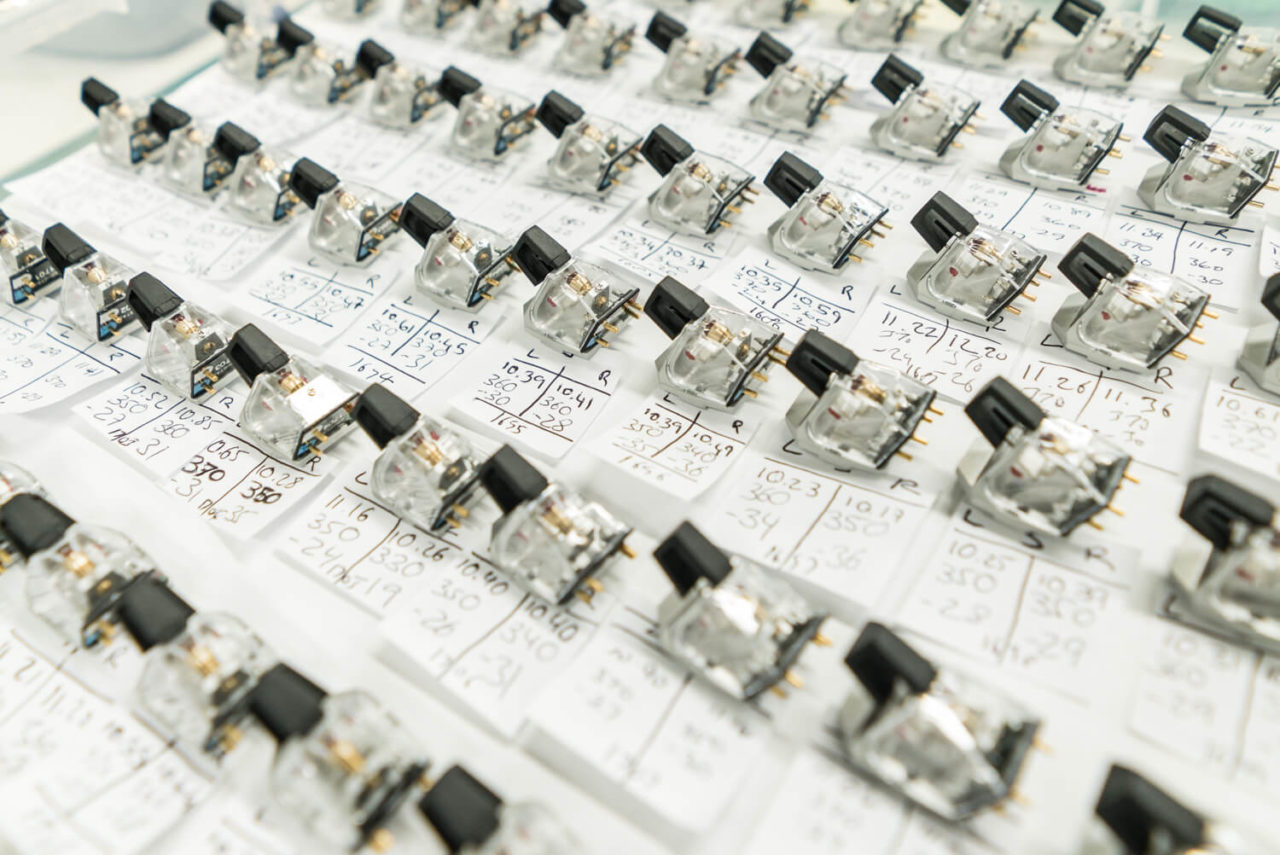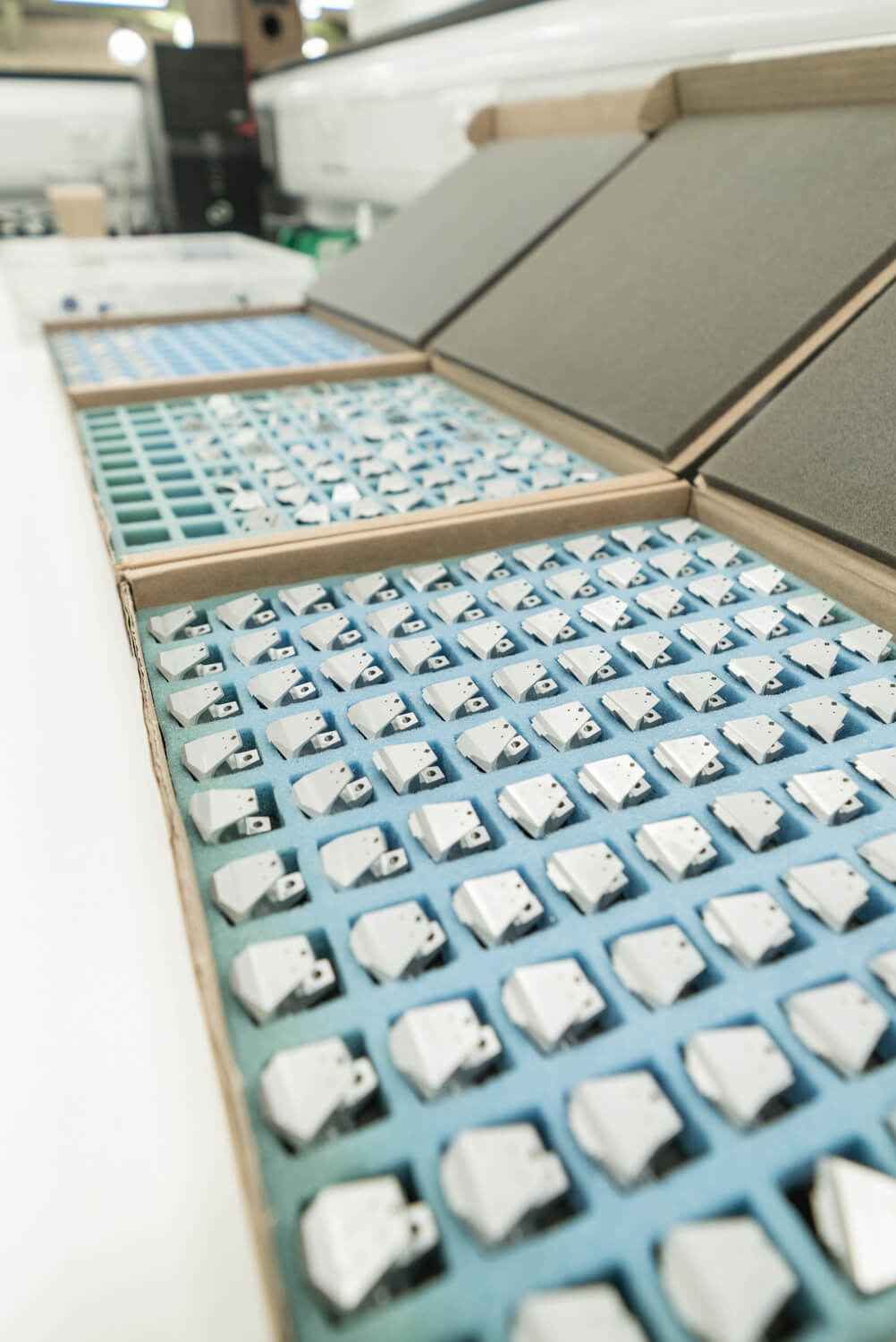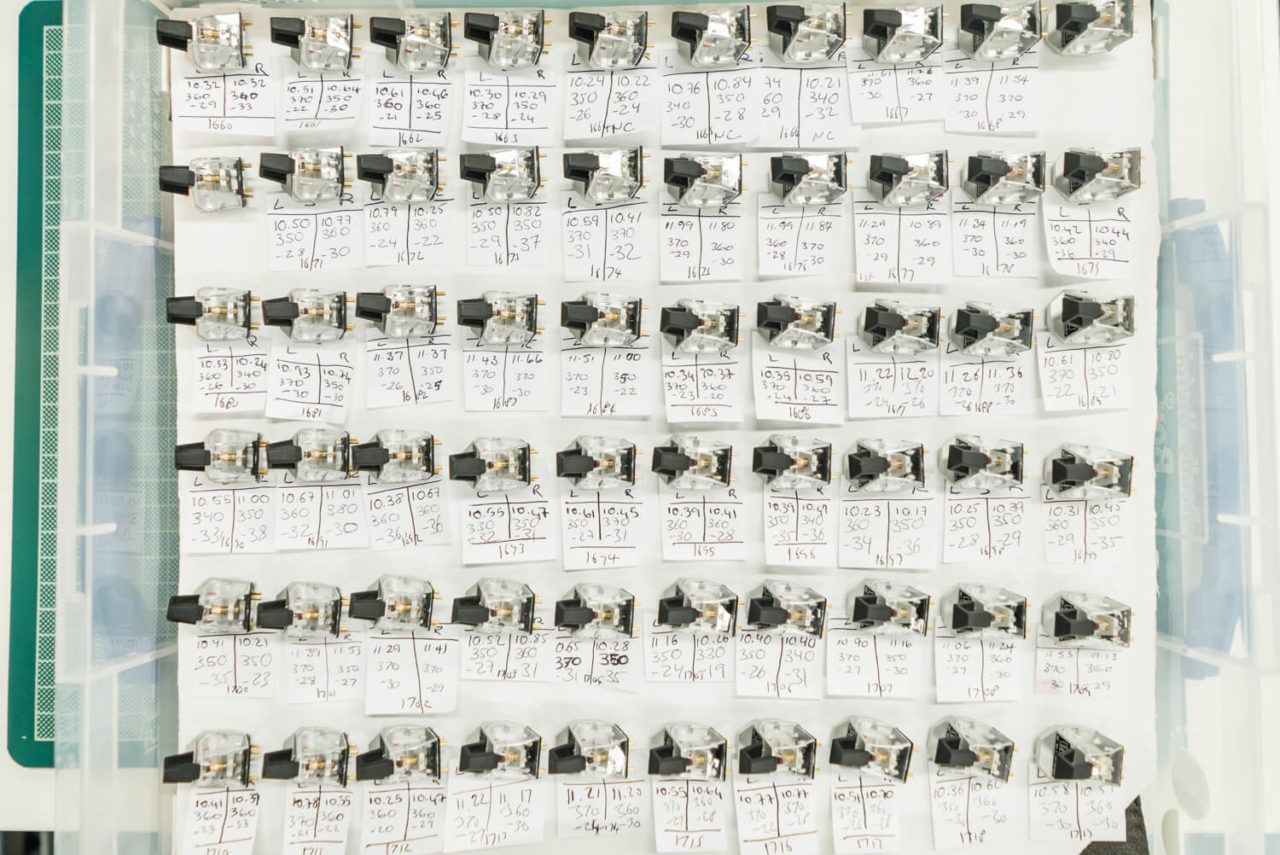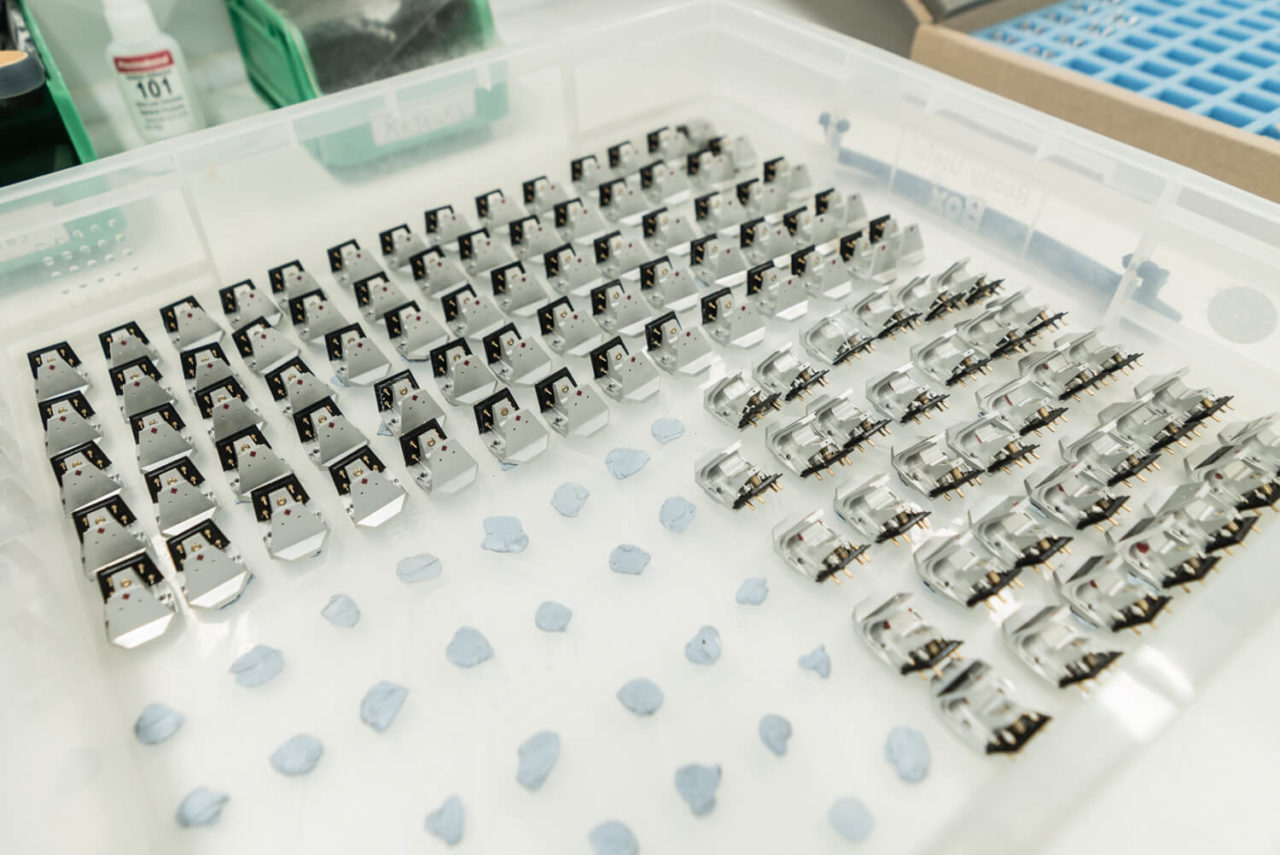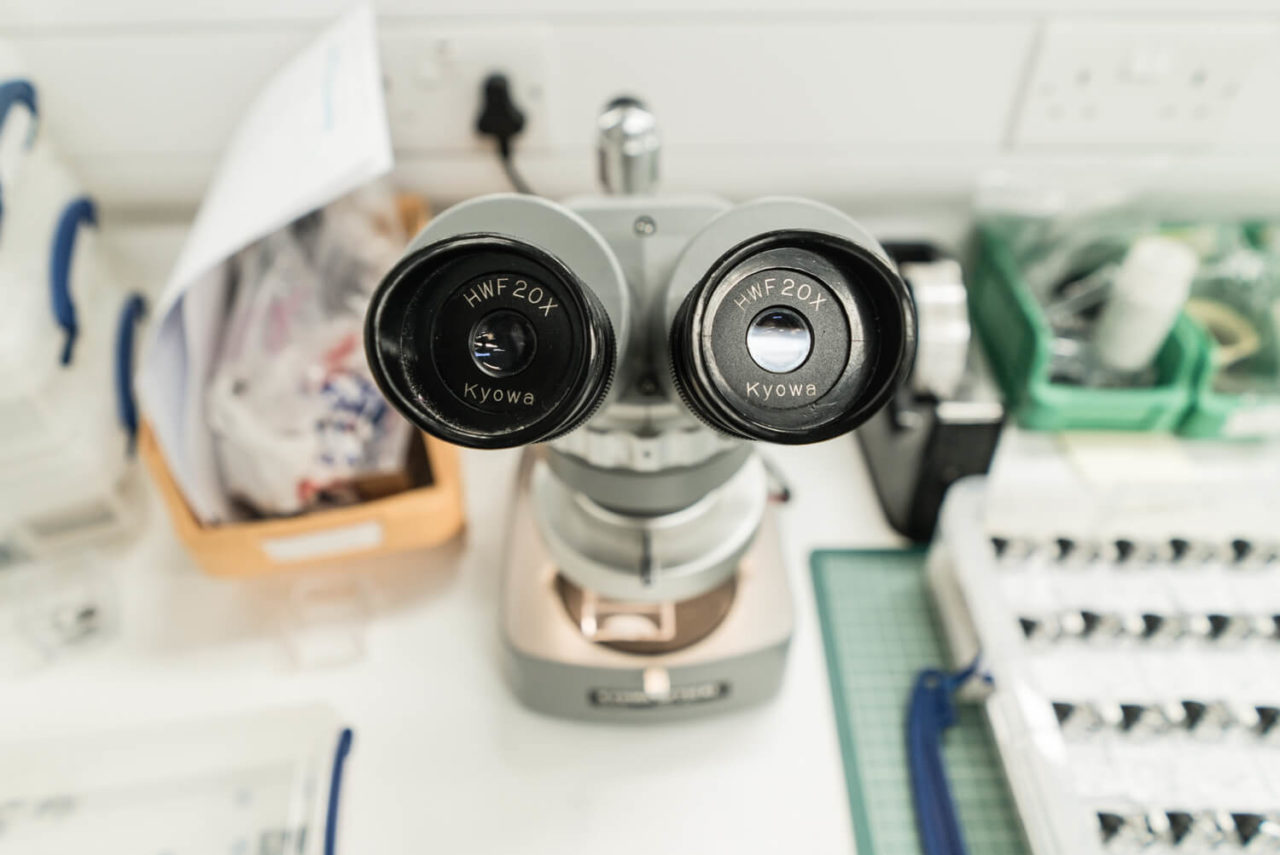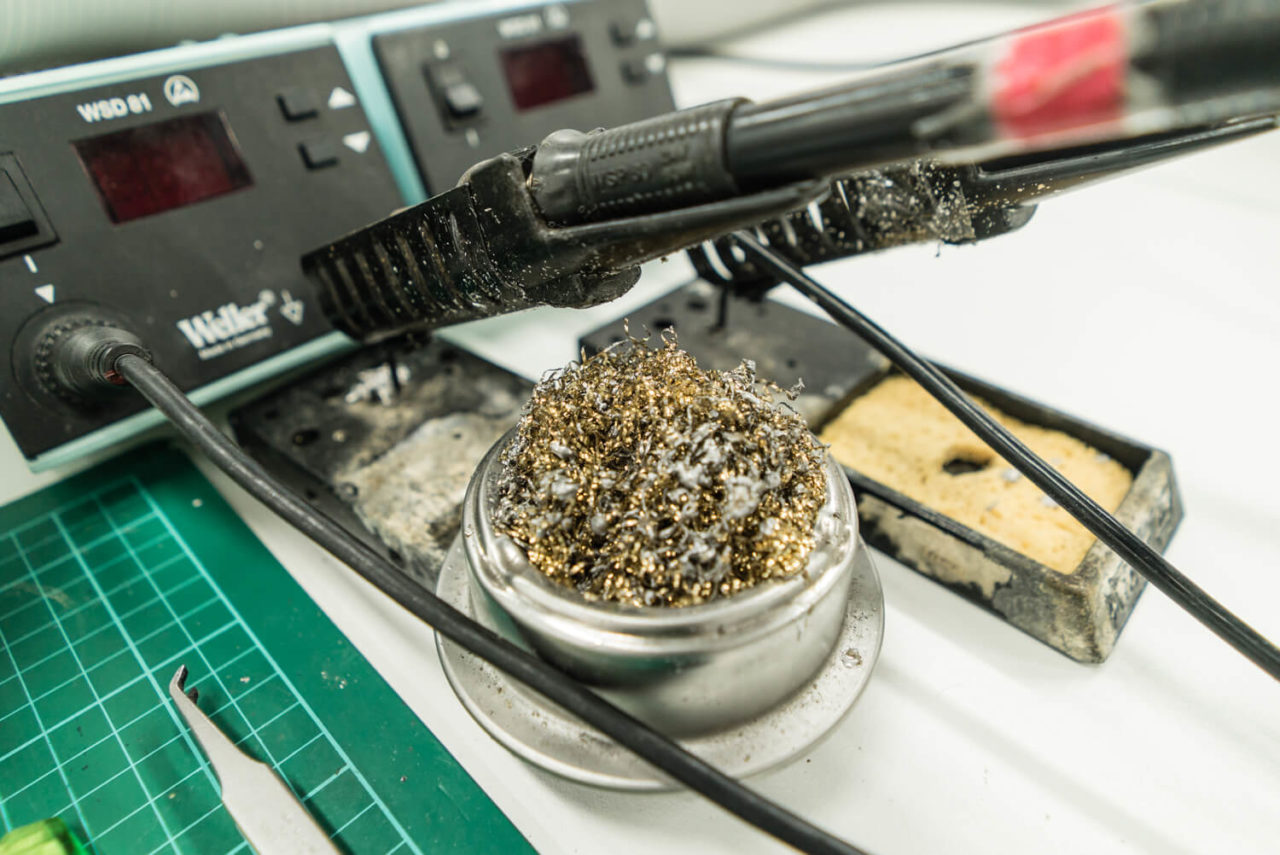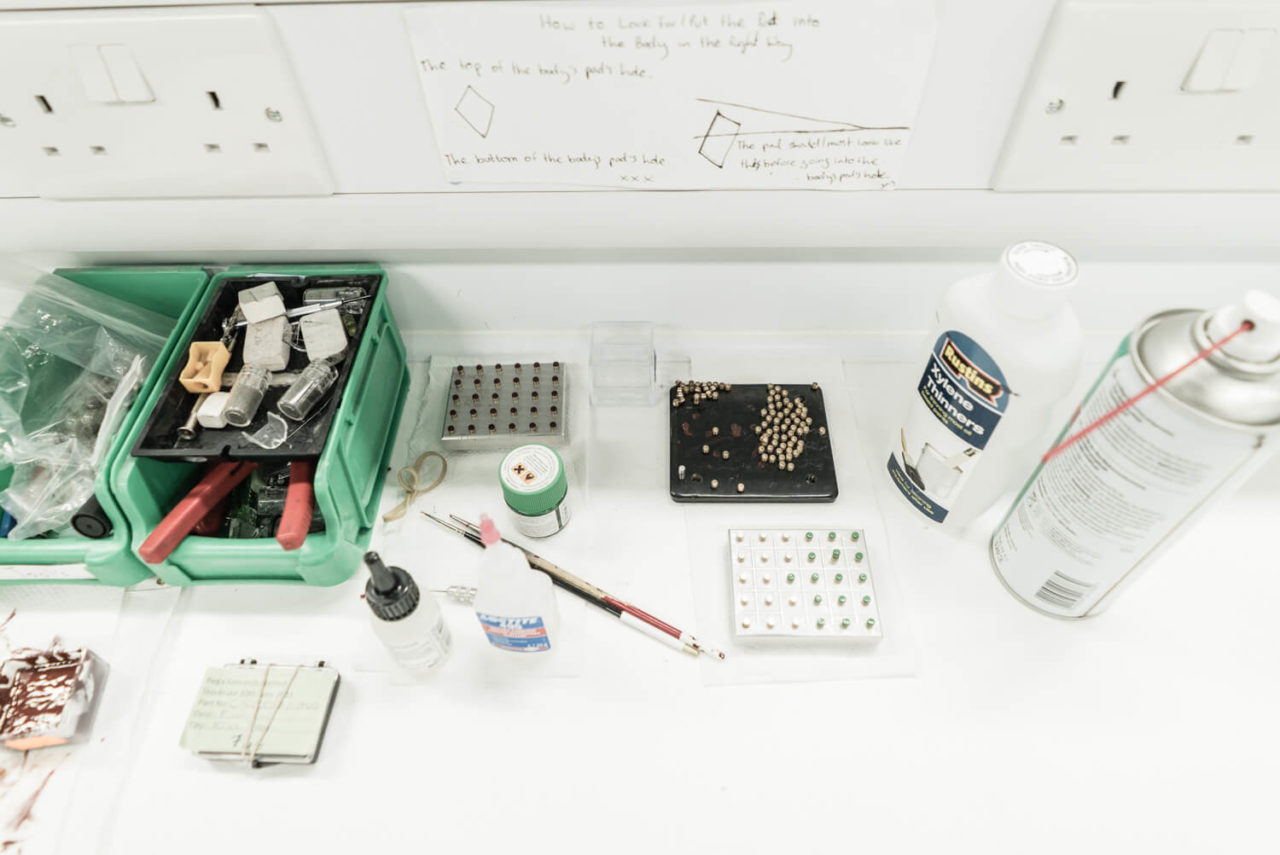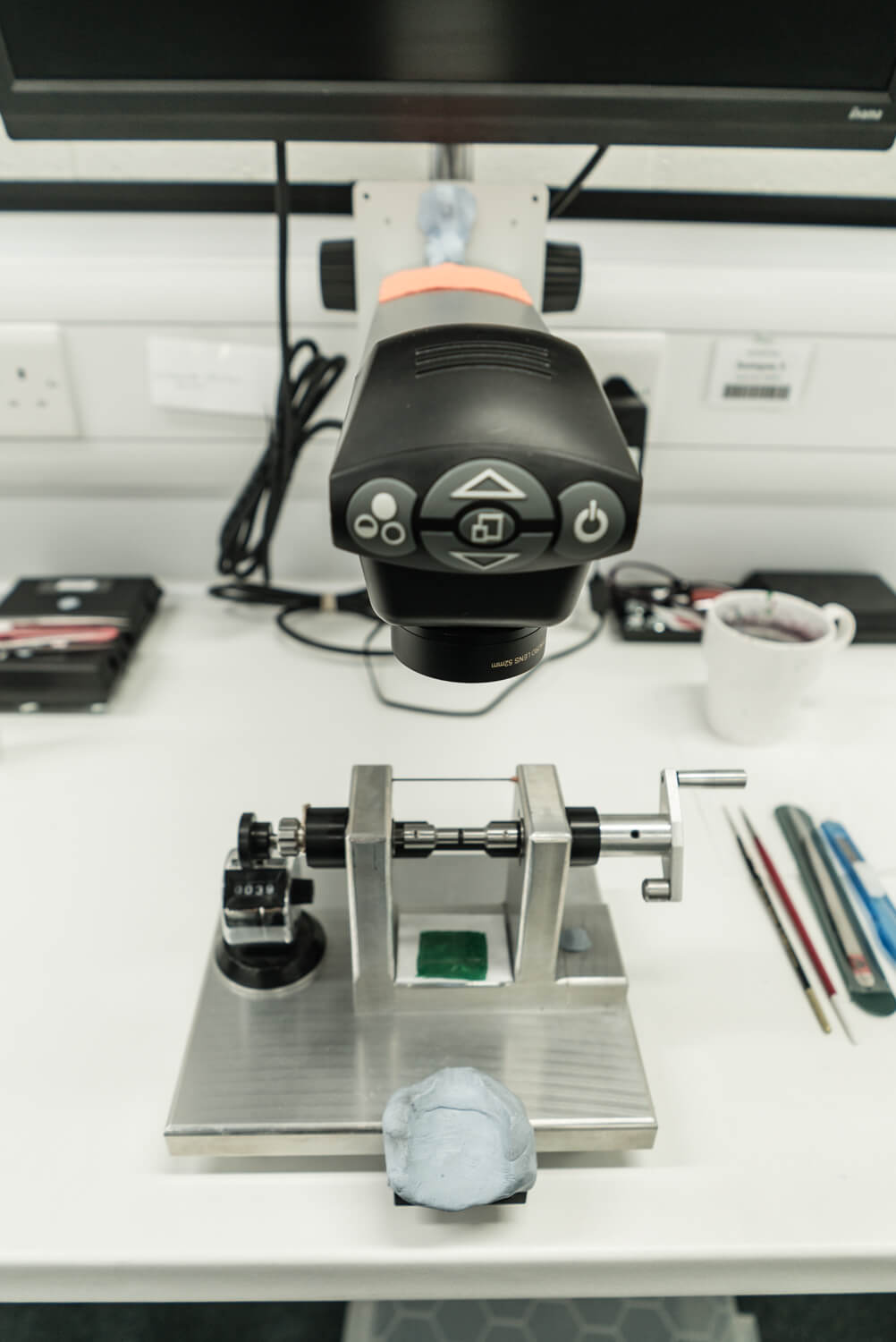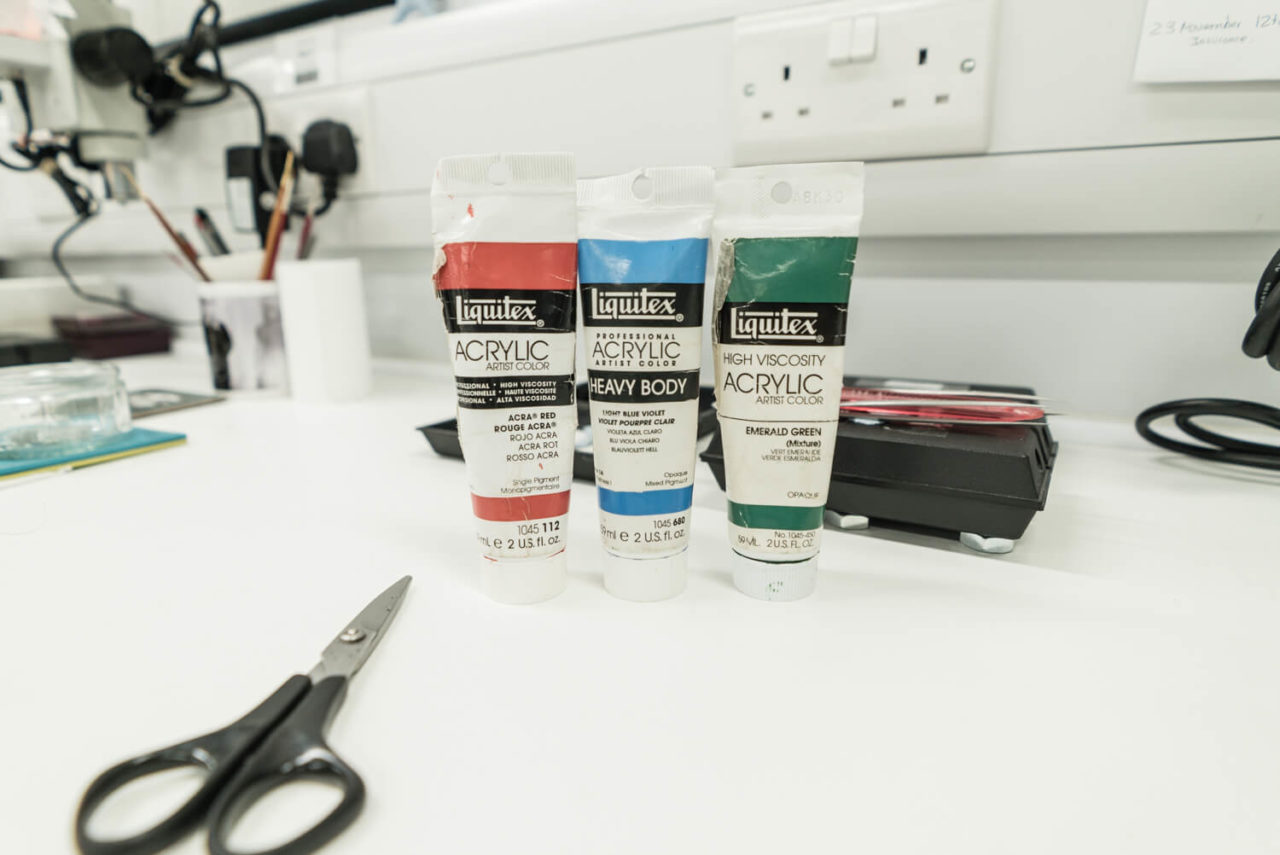Published on
January 18, 2017
Category
Features
From humble beginnings, Rega now makes over 4,000 turntables by hand every month. We went to take a look.
Roy Gandy, the softly-spoken founder of Rega Research, is not one to get carried away: “The last five years are the best Rega’s ever had,” he says proudly, but not without a mischievous touch of modesty. “Ironically I didn’t want it to grow, but we had to grow to meet the demand for turntables from our customers.”
That demand now sees Rega build and deliver over four thousand turntables a month from its factory in Southend, and that number rising all the time. Not bad for a company that’s never spent a penny on advertising.
In fact, when it comes to Rega you can disregard any number of company buzzwords straight away. “‘Aim’ is rather an incongruous word to put with the company,” Gandy says, a self-confessed opportunist who only recently hired a company co-ordinator to undertake the most onerous of tasks: “plan for the future”.
However, nothing about Rega’s continued success is coincidental. An engineer at heart with a passion for rebuilding first bicycles and then motorbikes, Gandy has been tinkering in mechanics since the age of four. But then again, that wasn’t too remarkable. “All these things broke down,” he explains. “Cars used to break down regularly and it was just normal for a large proportion of people to be able to adjust the points, take the plugs out, etc. I just used to go a bit further. I built at least two motorcycles from scratch, so a turntable didn’t seem that much of a problem.”
Employed on a modest salary at Ford, Gandy began by making his own audio equipment he was otherwise unable to afford in order to listen to the records he loved. He prides himself on that ability to converse between the left and right sides of the brain: “Most engineers are not emotional people,” he says coyly. “Rega started because of our love of music and our love of engineering, two things which are almost exclusive.”
Selling hand-made gear to his friends, Gandy earned his first serious business supplying a local audio shop, the owner of which was quick to see the potential in his sensitive ear for crafting turntables. A successful small businessman, the pair went into partnership, setting up first above the shop in Southend and then in a house that Gandy gutted and turned into a makeshift factory. It doesn’t make for much of a story, but growth has been consistent ever since.
The theory underpinning his designs were and remain remarkably simple. The turntable, for Gandy, is nothing more than a “Vibration Measuring Machine” – the title of a newly published book by Rega believed to be the first comprehensive introduction to turntable design. He offers this explanation:
When a record is made it doesn’t contain anything, it doesn’t contain any energy at all, there is no music on that record. The energy comes from the motor supply, the power supply and the mains. And when you get down to the extremes of measuring vibrations, the motor itself can never turn at the exact speed. It turns with vibration, it turns with cogs, the bearing on the turntable is slowing all the time, there’s air friction, there’s bearing friction and this whole mechanism is far from perfect. But it’s made from understandable bits of technology. All you’ve got to do it get your head round the fact that it is engineering, it’s microscopic engineering, with very low stress and very low vibrational energy. Then just switch the thinking that any engineer could understand into a slightly different arena and that becomes turntable design.
However, it’s something that he feels has been over-simplified at one end and over-complicated at the other. At the high-end, what Gandy calls the “highly contentious, whacky world of hi-fi” has had the effect of totally distorting the relationship between value and quality (“I equate it to the world of handbags,” he says, “where there is really no correlation between the cost of a handbag and its quality.”) At the other, budget turntables made with a total disregard for the records they play risk alienating a new audience drawn to vinyl by the promise of “better sound”.
Rega’s place in the market has been determined by the consistency of its models, the iconic Regar Planar decks have been recently revamped, cementing their place at the top of the pile when it comes to affordable turntables. The higher-end models, the RP6, RP8 and RP10 provide, in Gandy’s eyes an objective increase in value: “Every price jump gives a very easily audible sound quality jump.”
As they were at the very beginning, all Rega’s turntables (and indeed its range of loud speakers, amps and CD players and cartridges) are assembled by hand in Southend, the latter of which requires the most painstaking attention to detail. You can watch the whole process in our exclusive video embedded at the top of this article.
Humble till the last, Gandy has seen enough to take this minor boom with a pinch of salt: “Where are turntables going? There’s certainly a fashionable element, but that might go, but the growth has been slow and steady so they’re not going to suddenly disappear. We’re looking at it a little bit cynically but basking in the enjoyment of making something better in an area that we love.”
Photography by Pawel Ptak.

